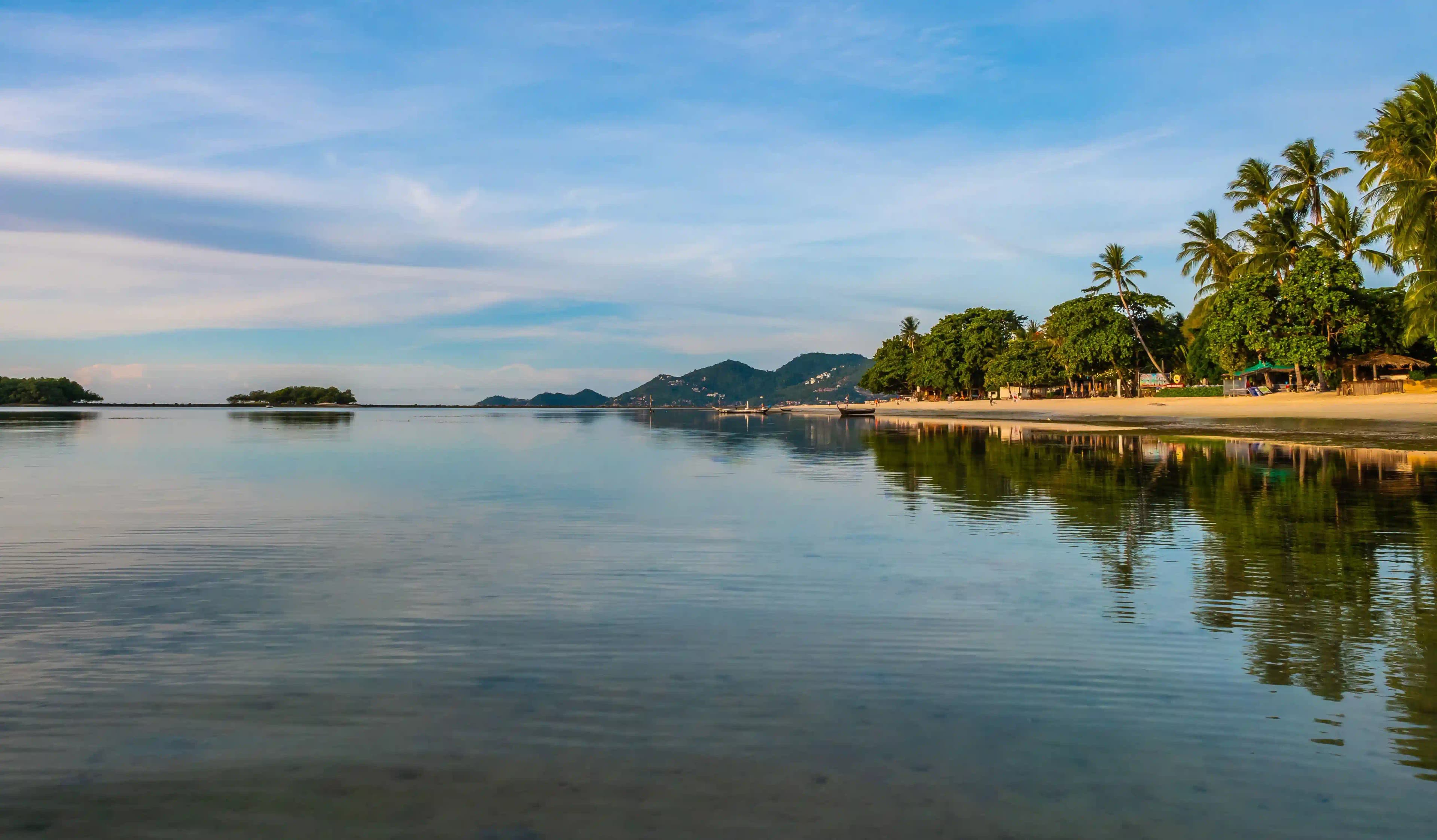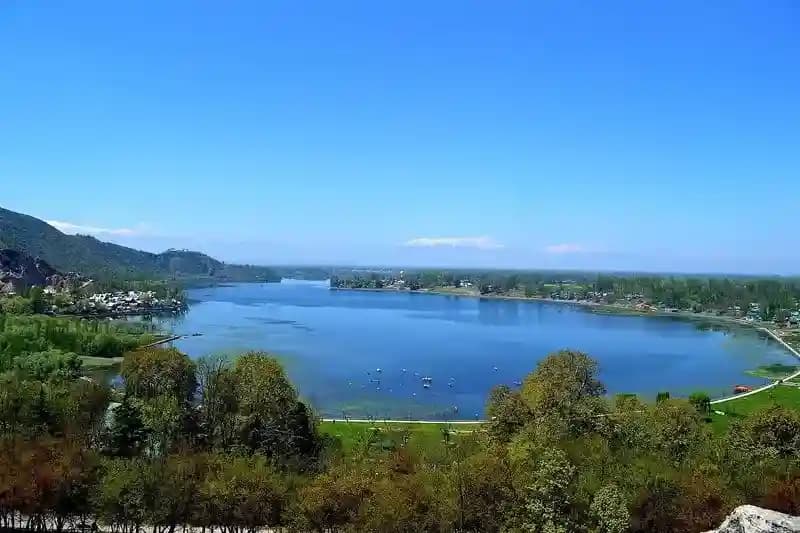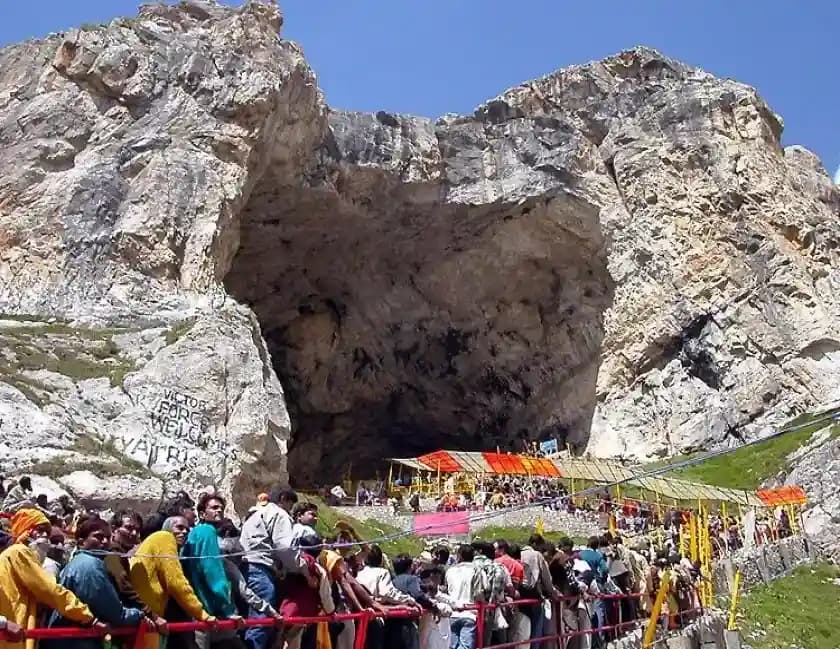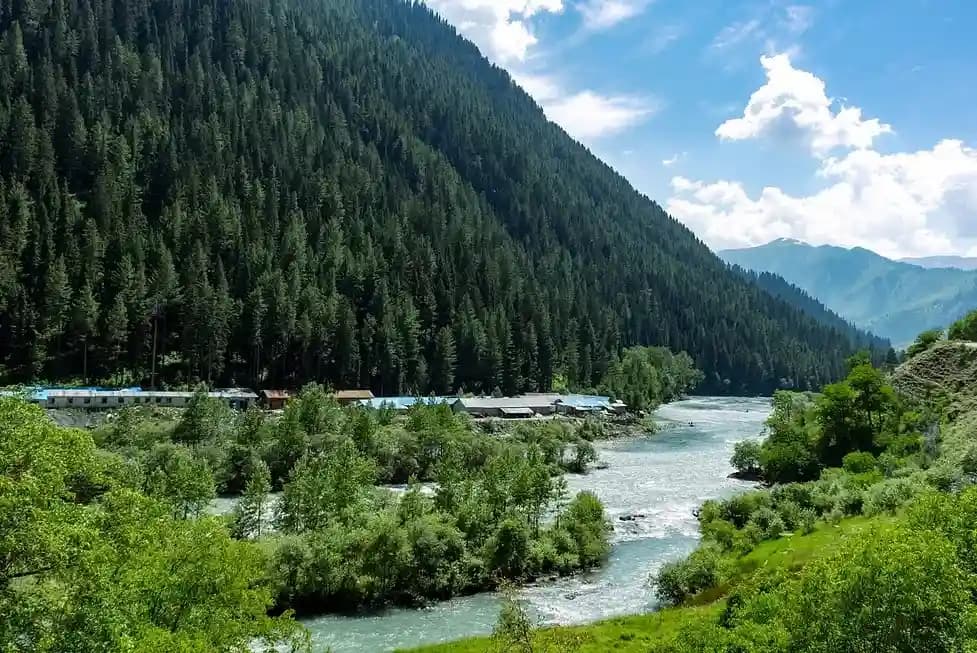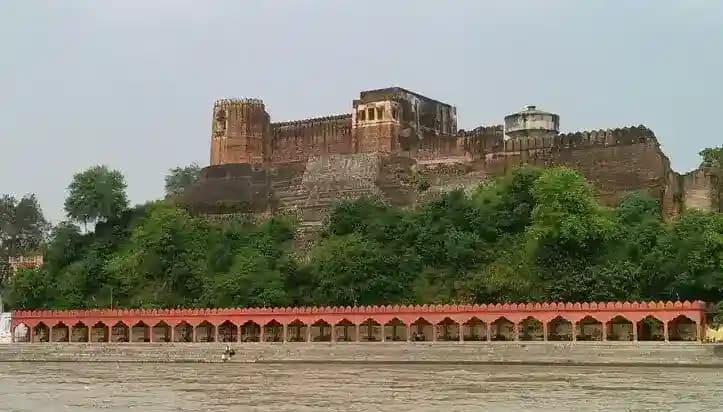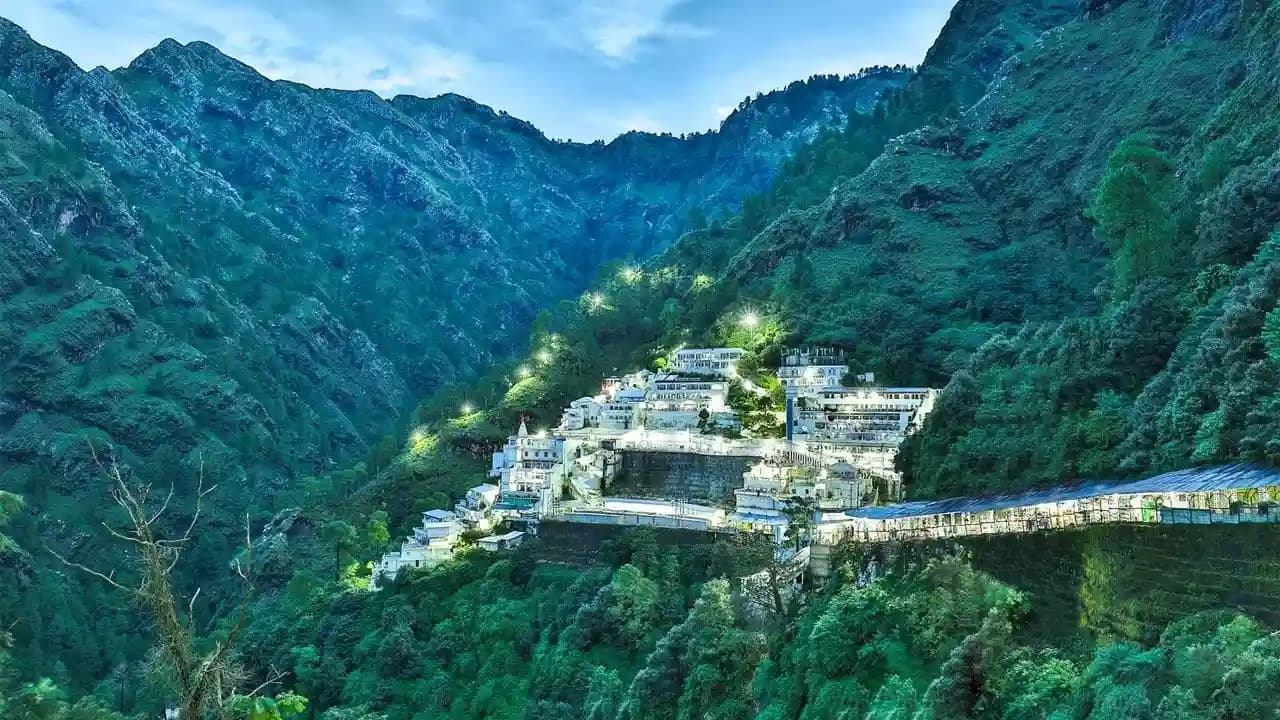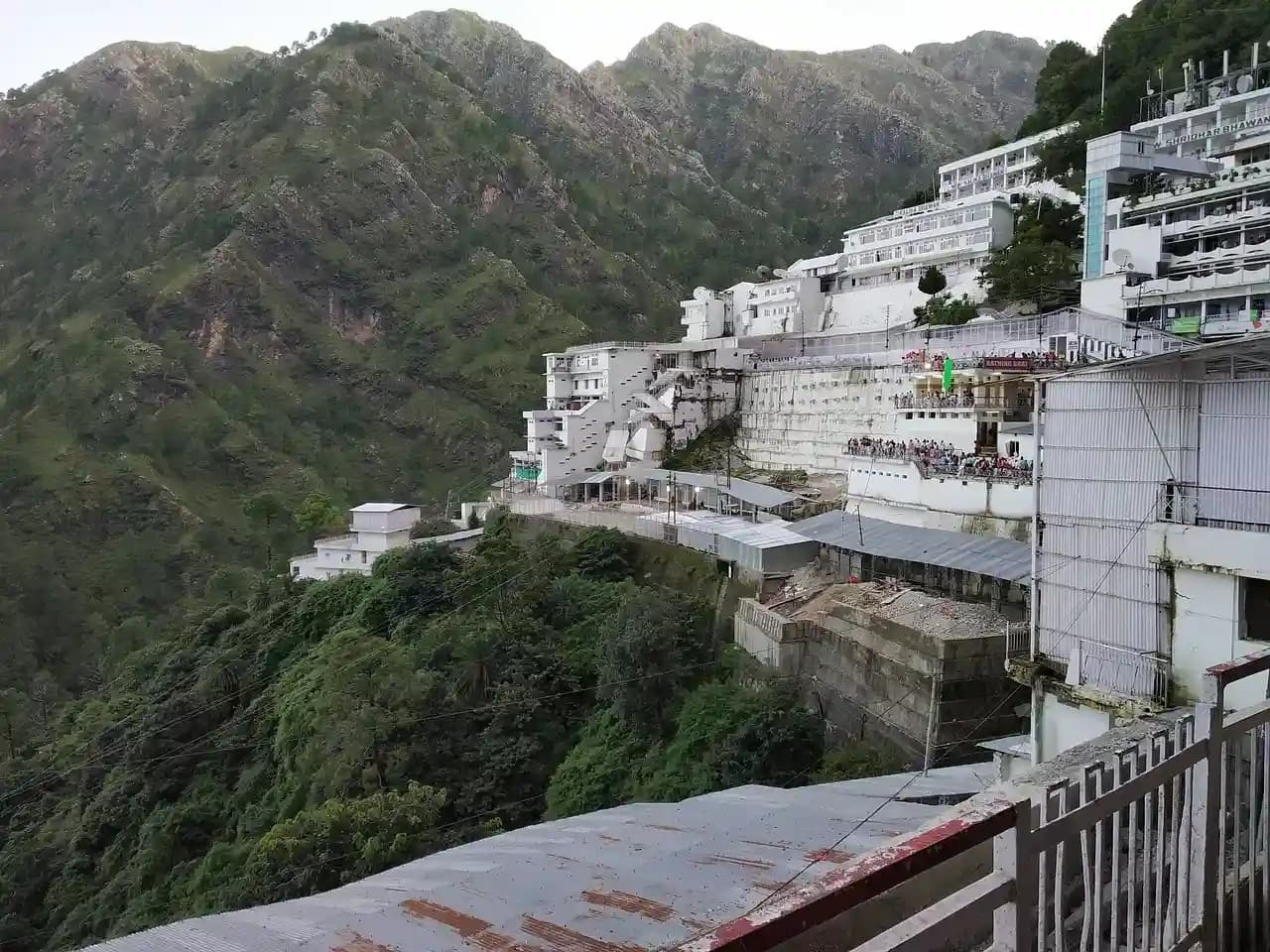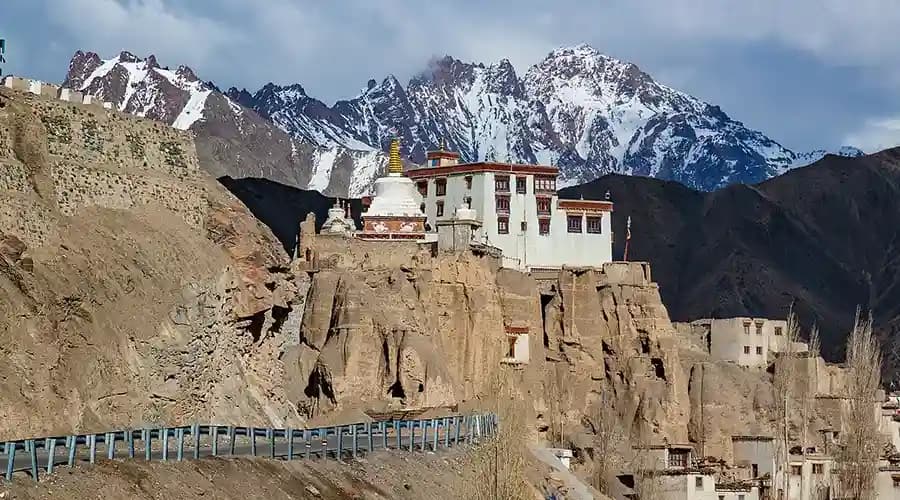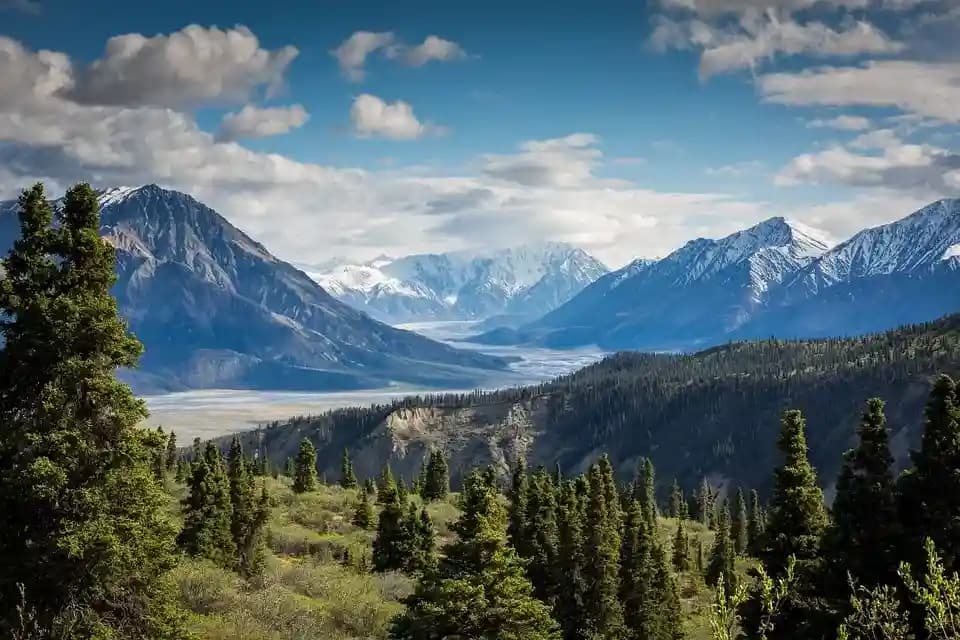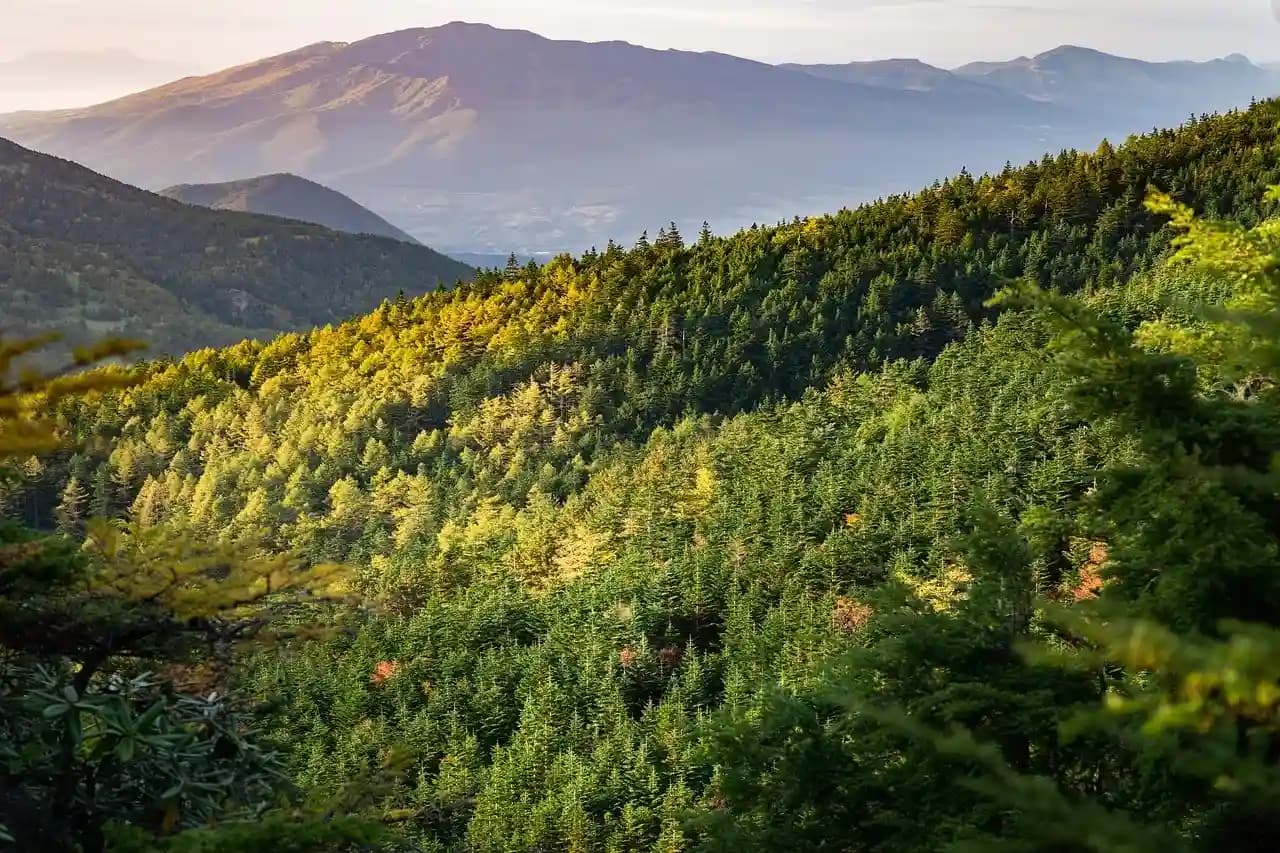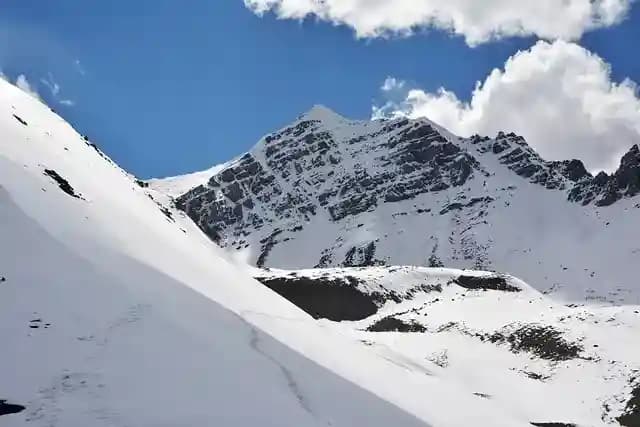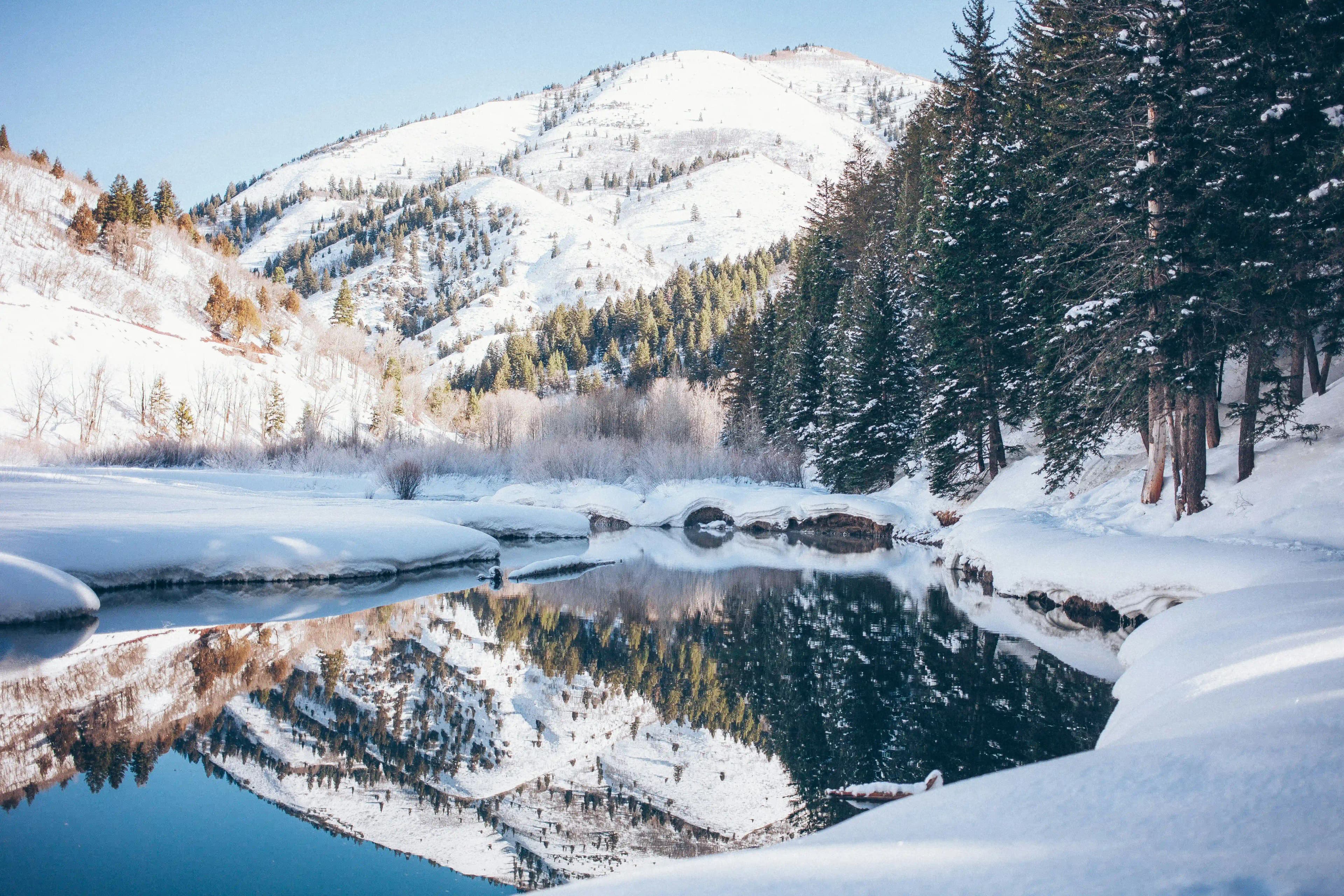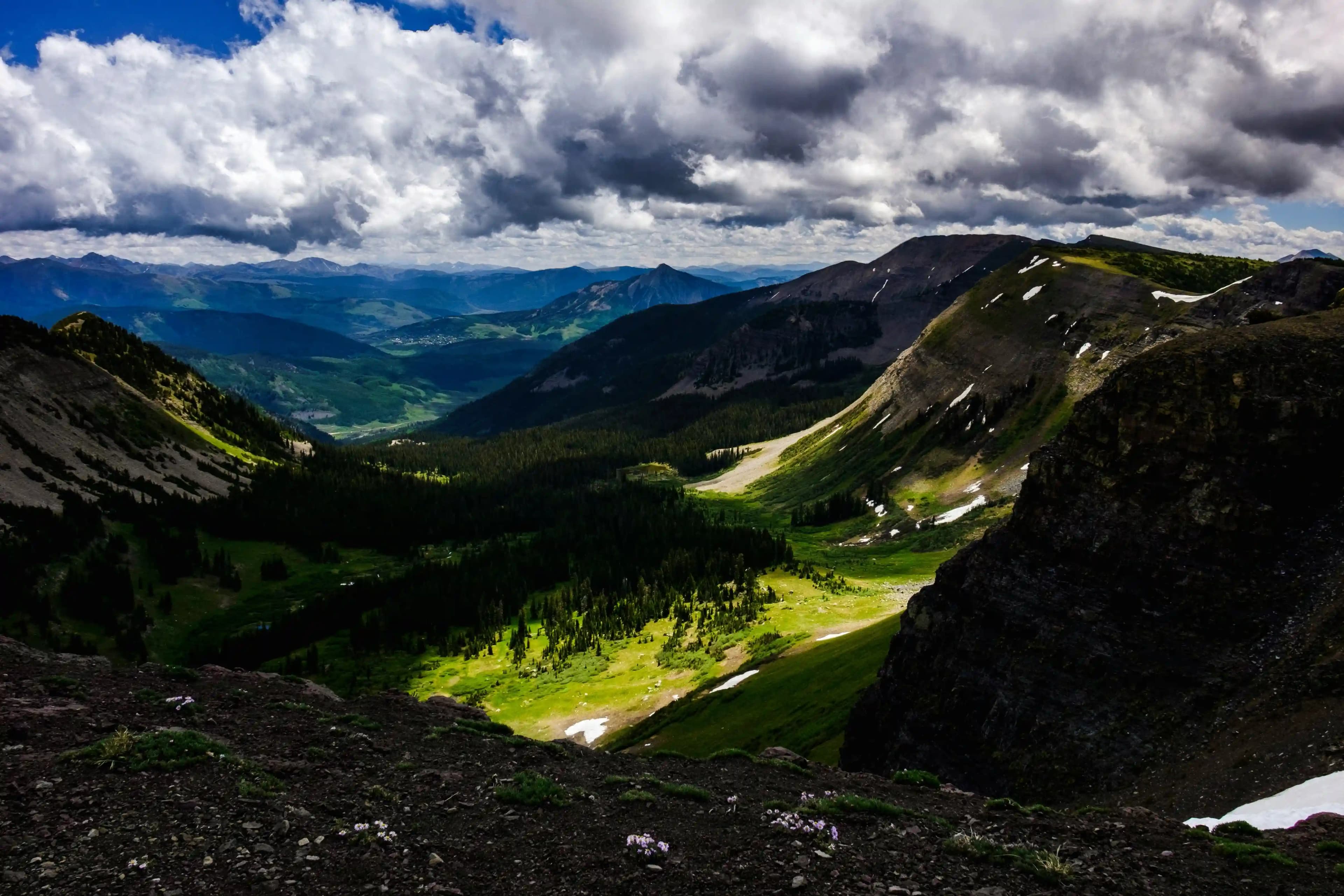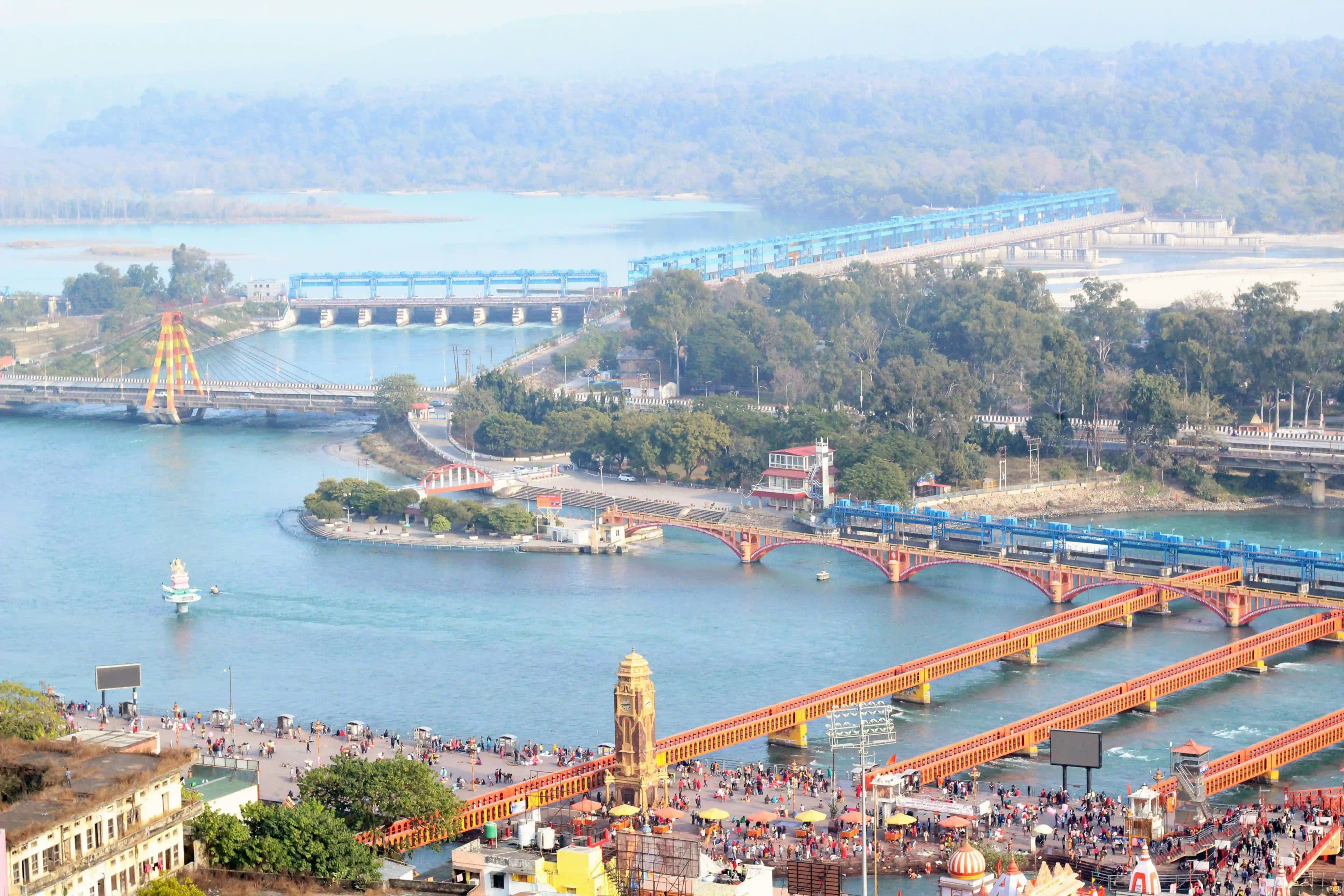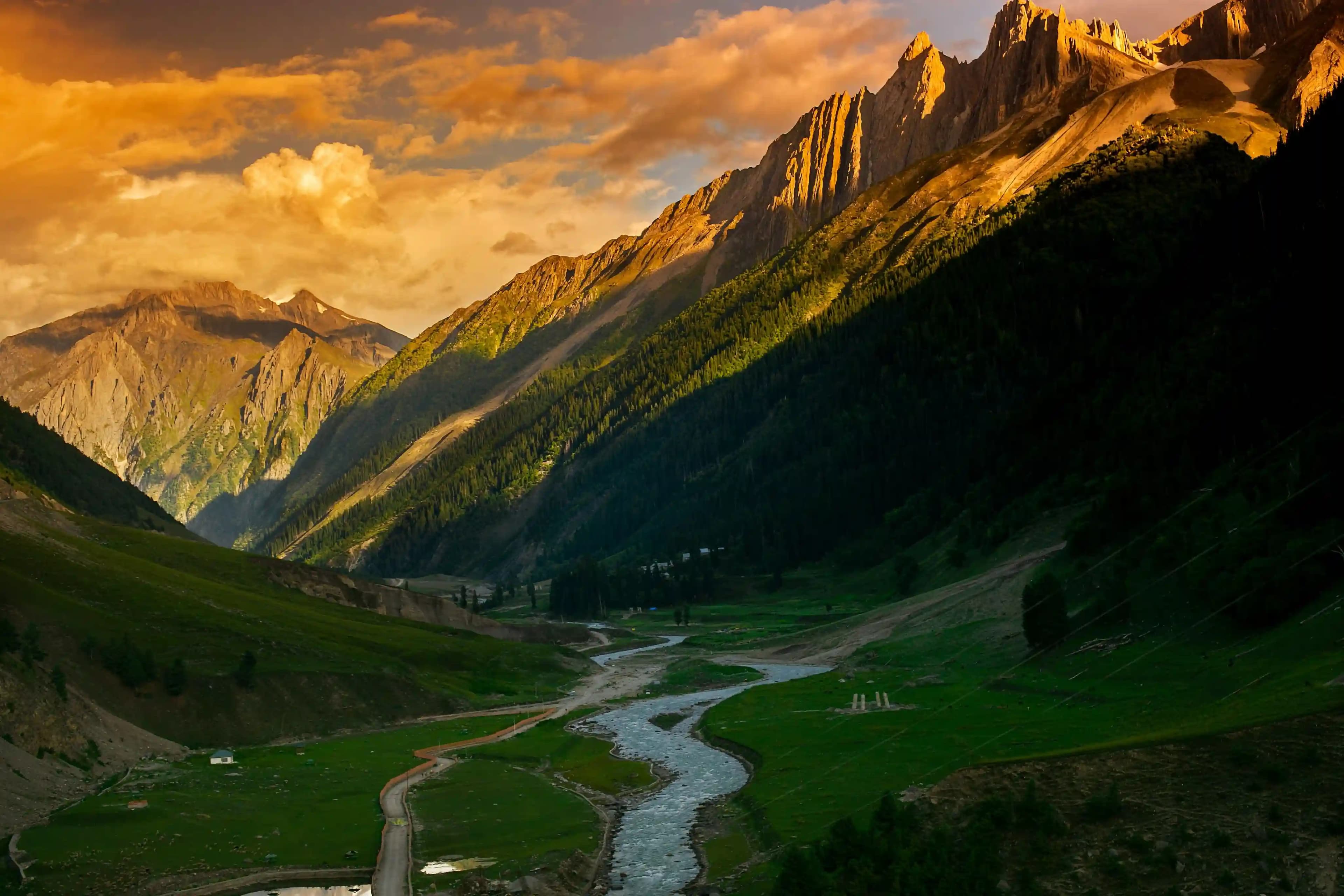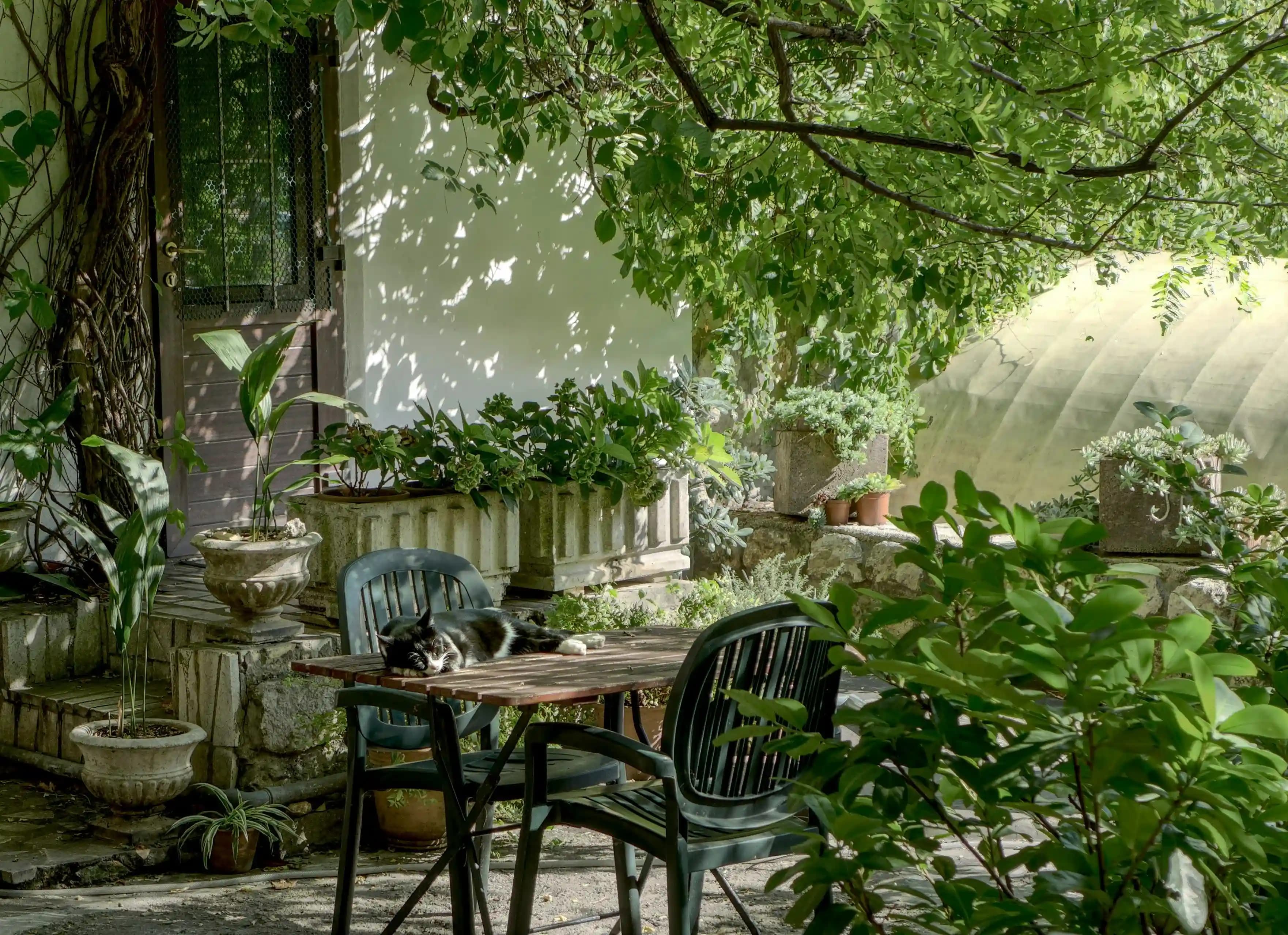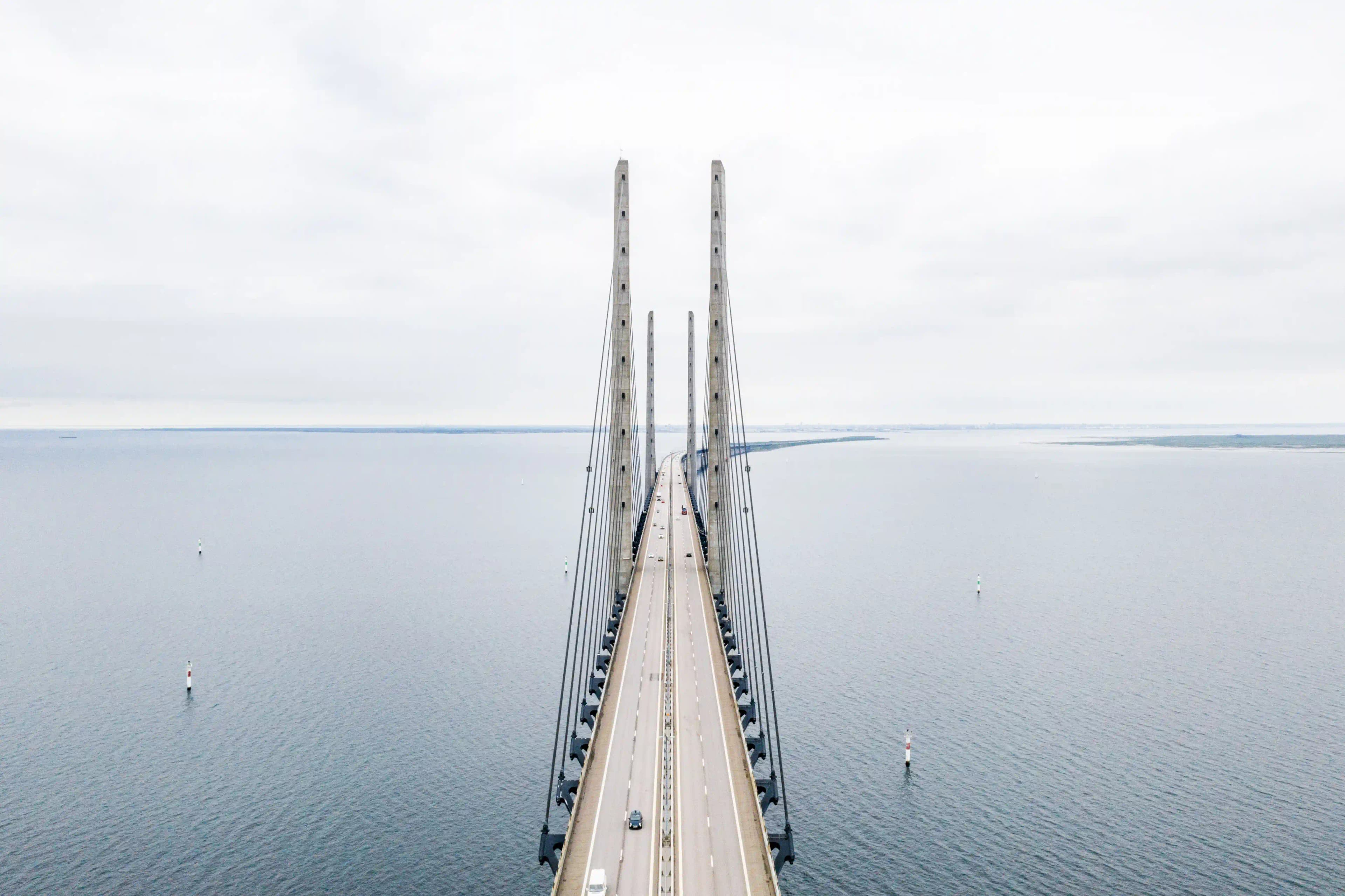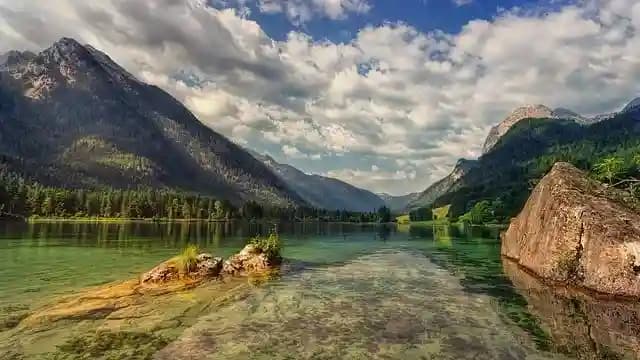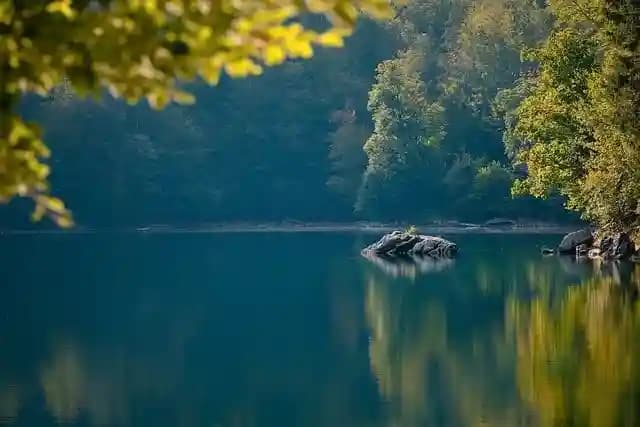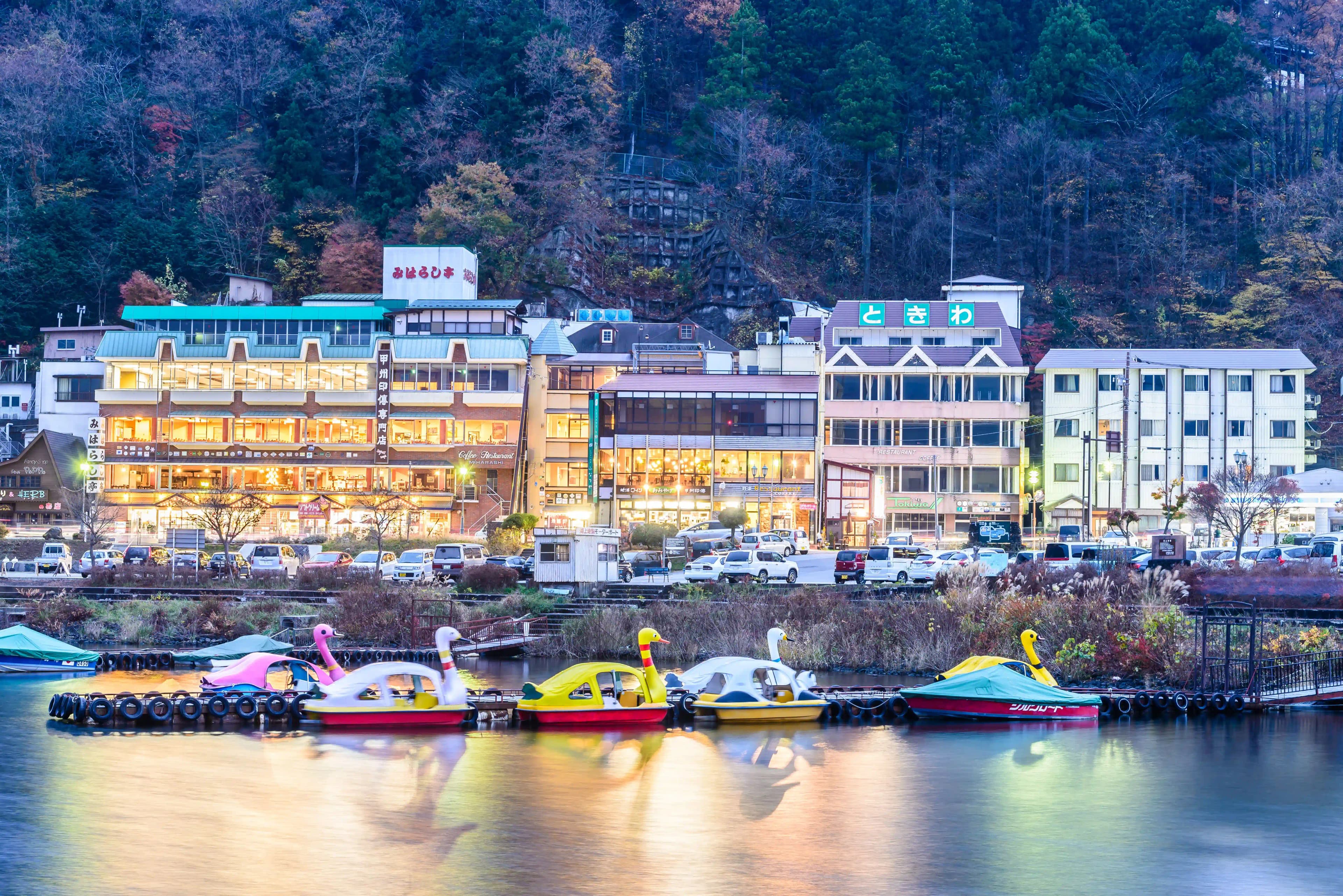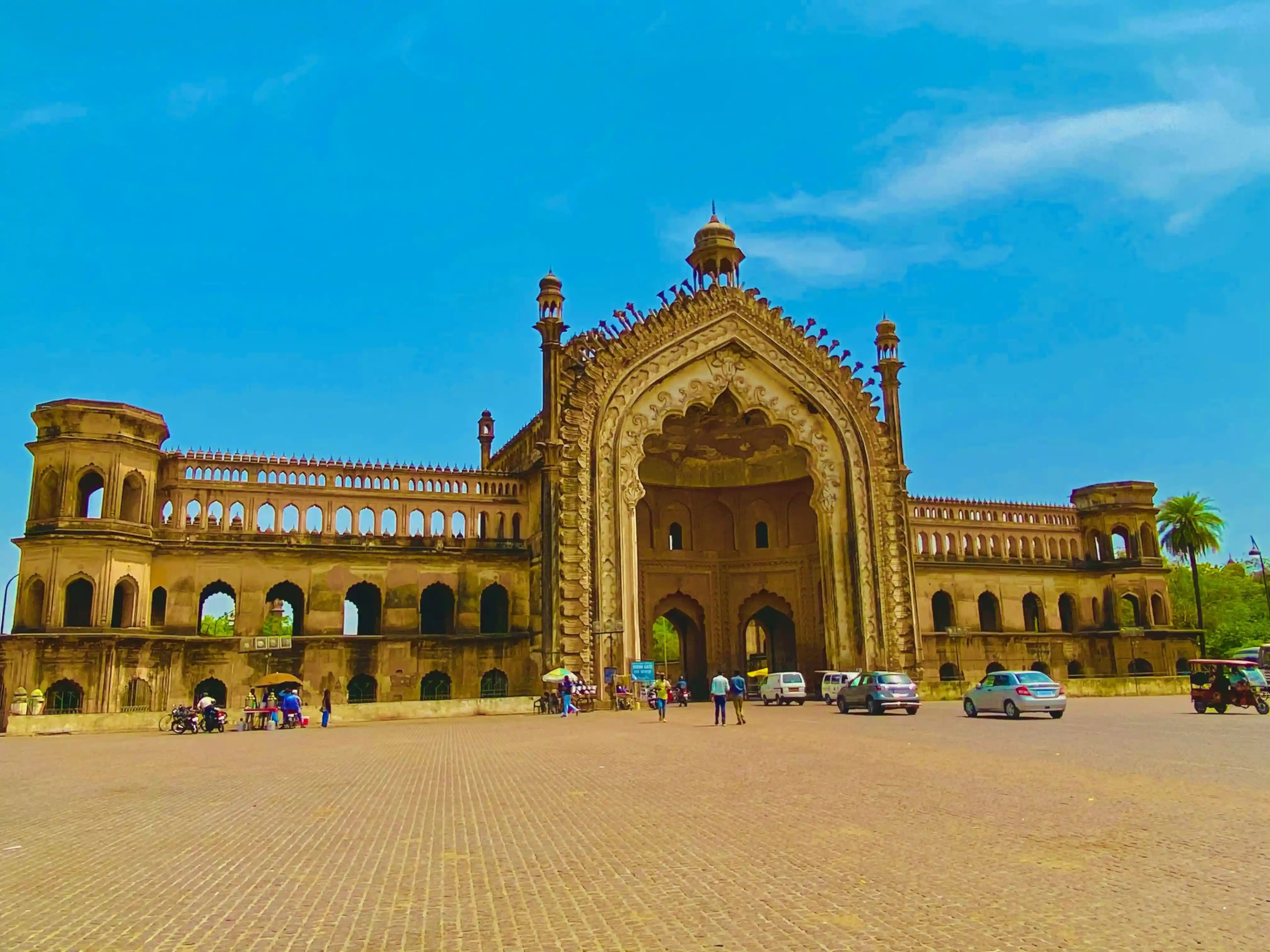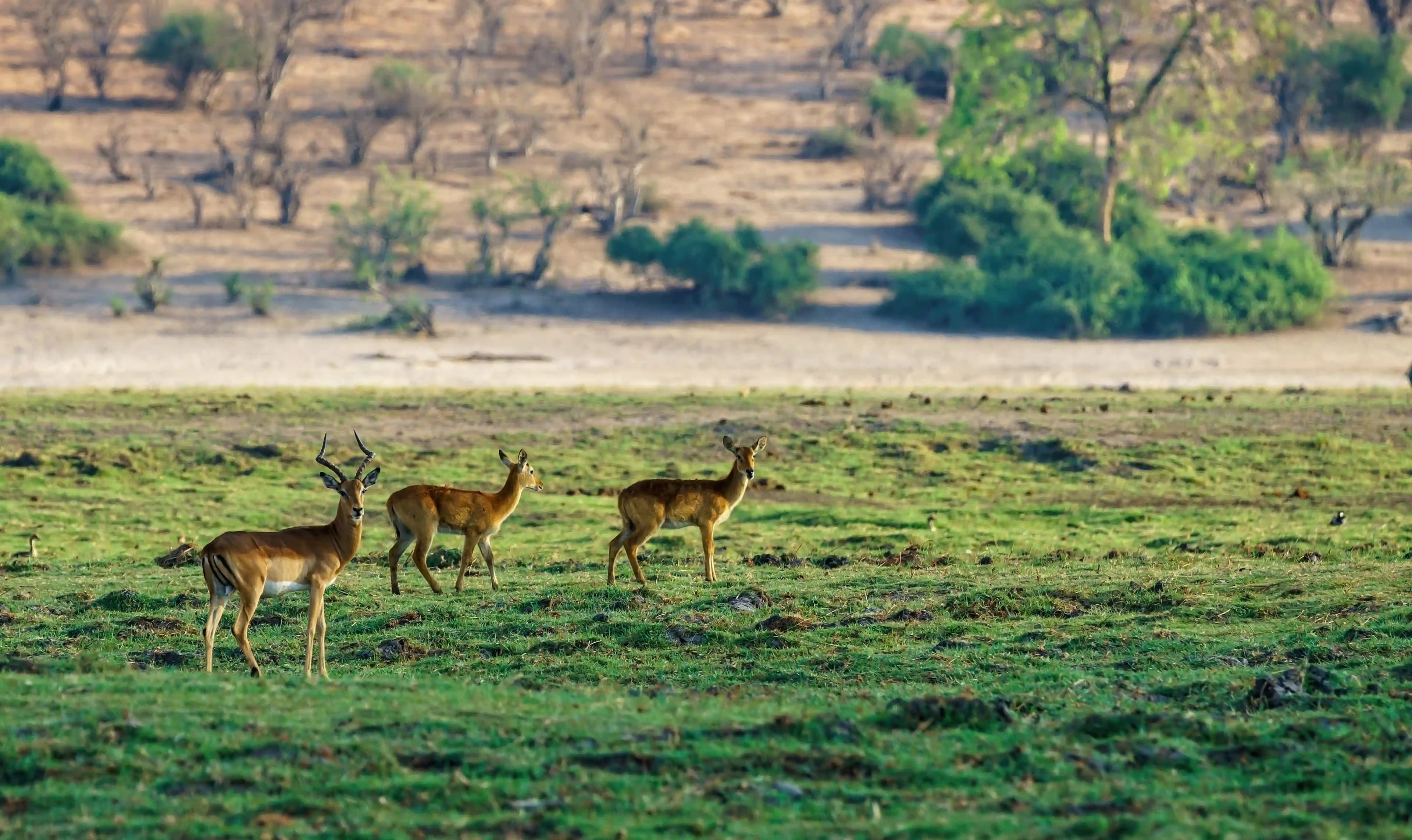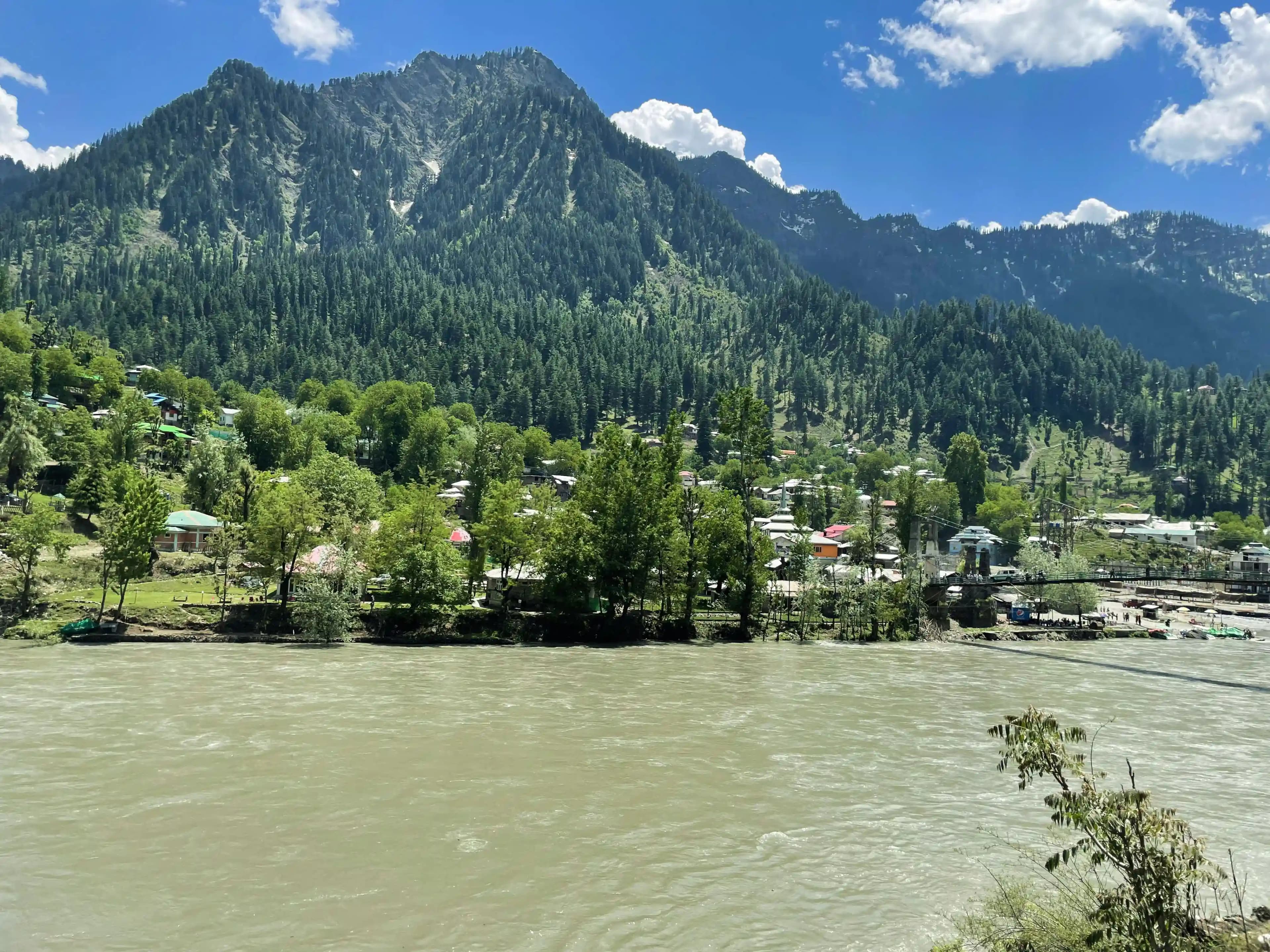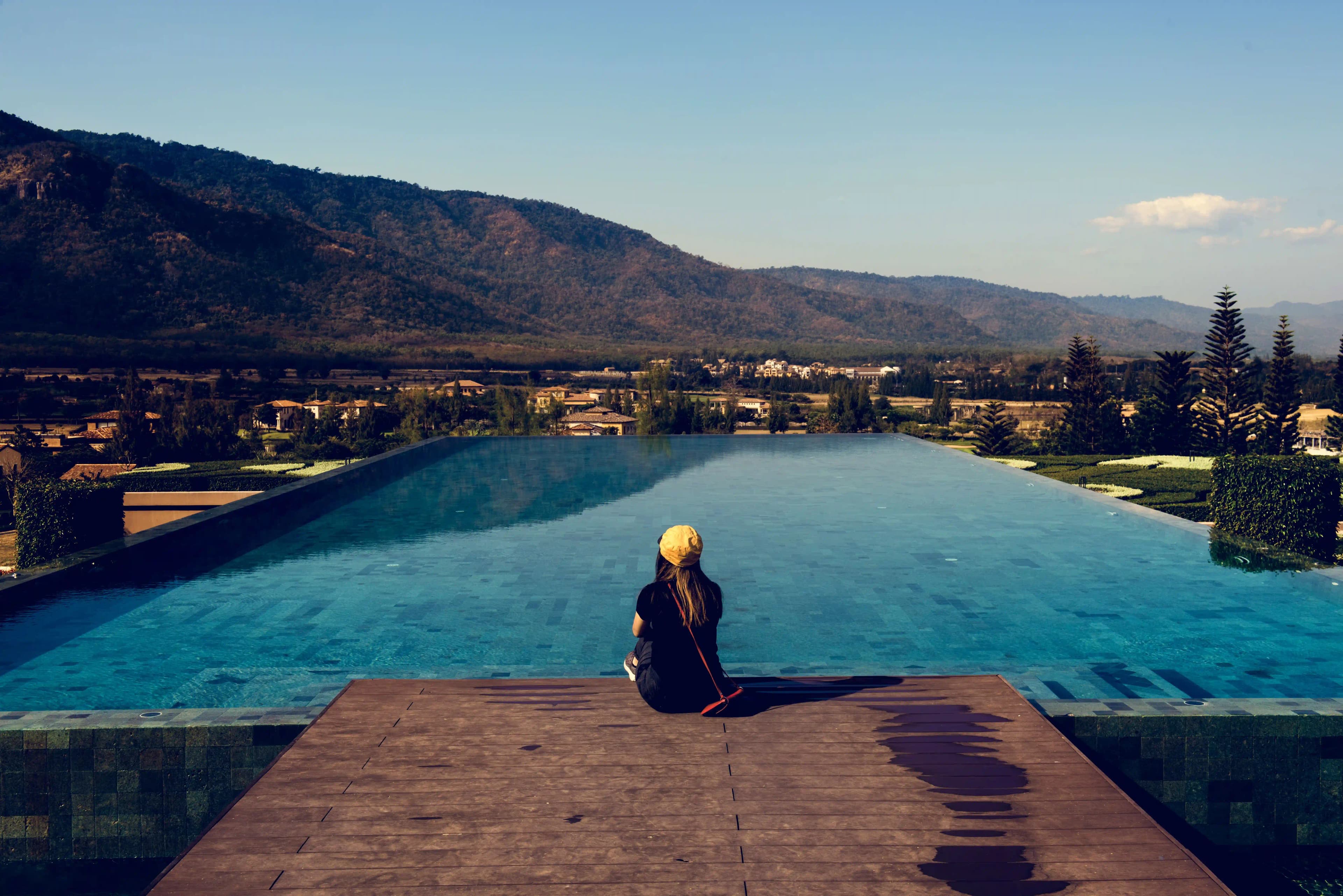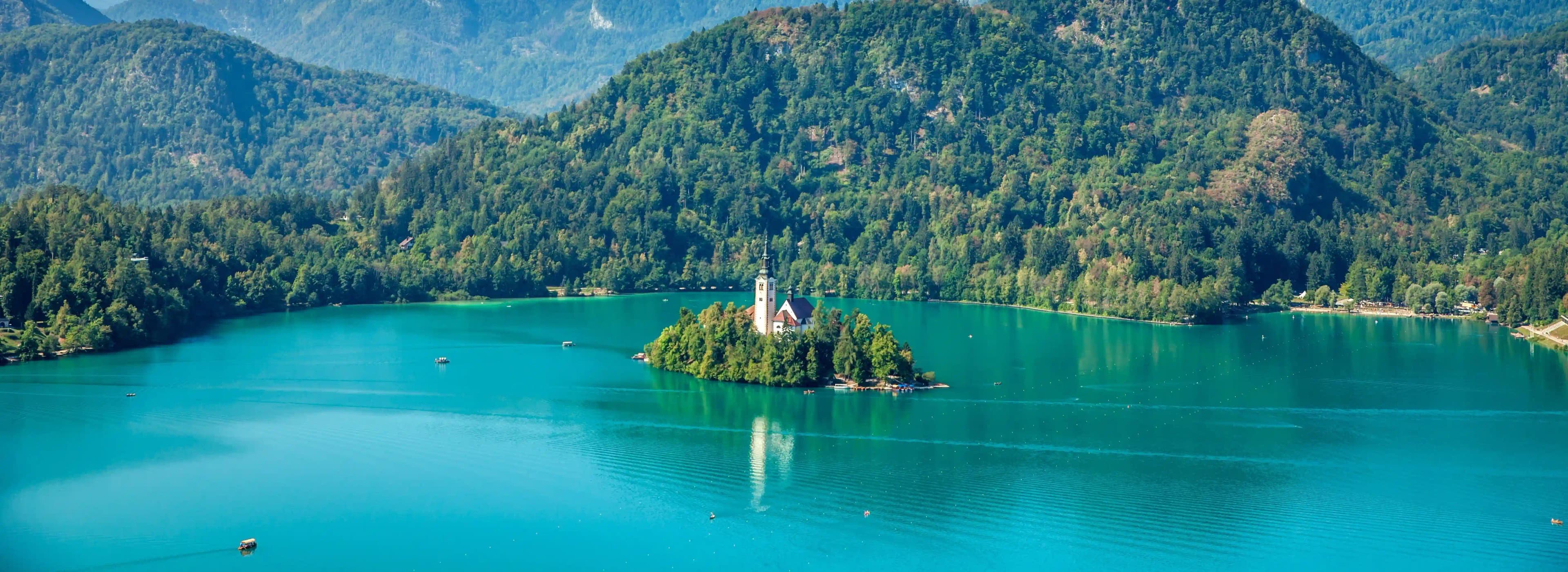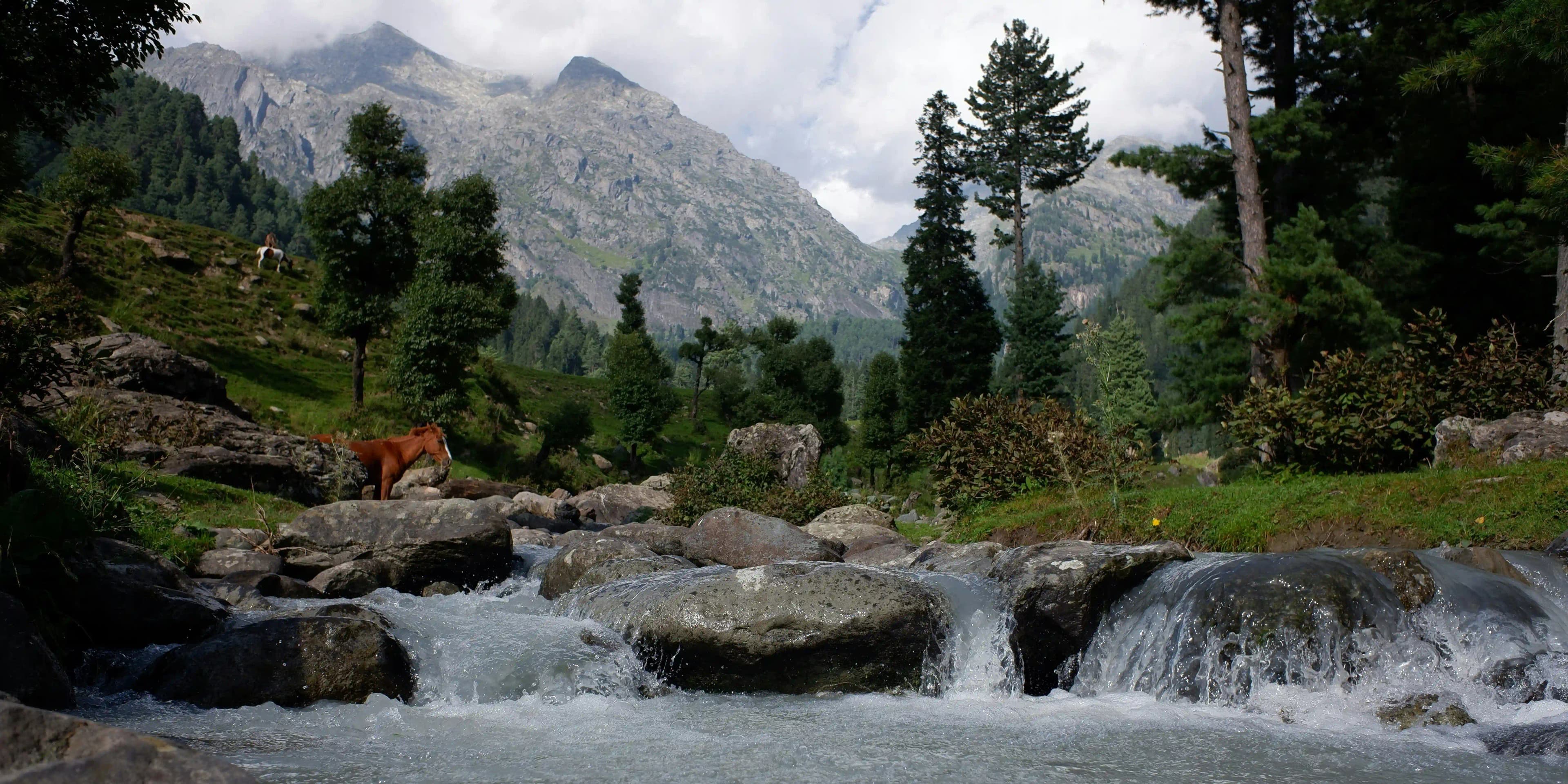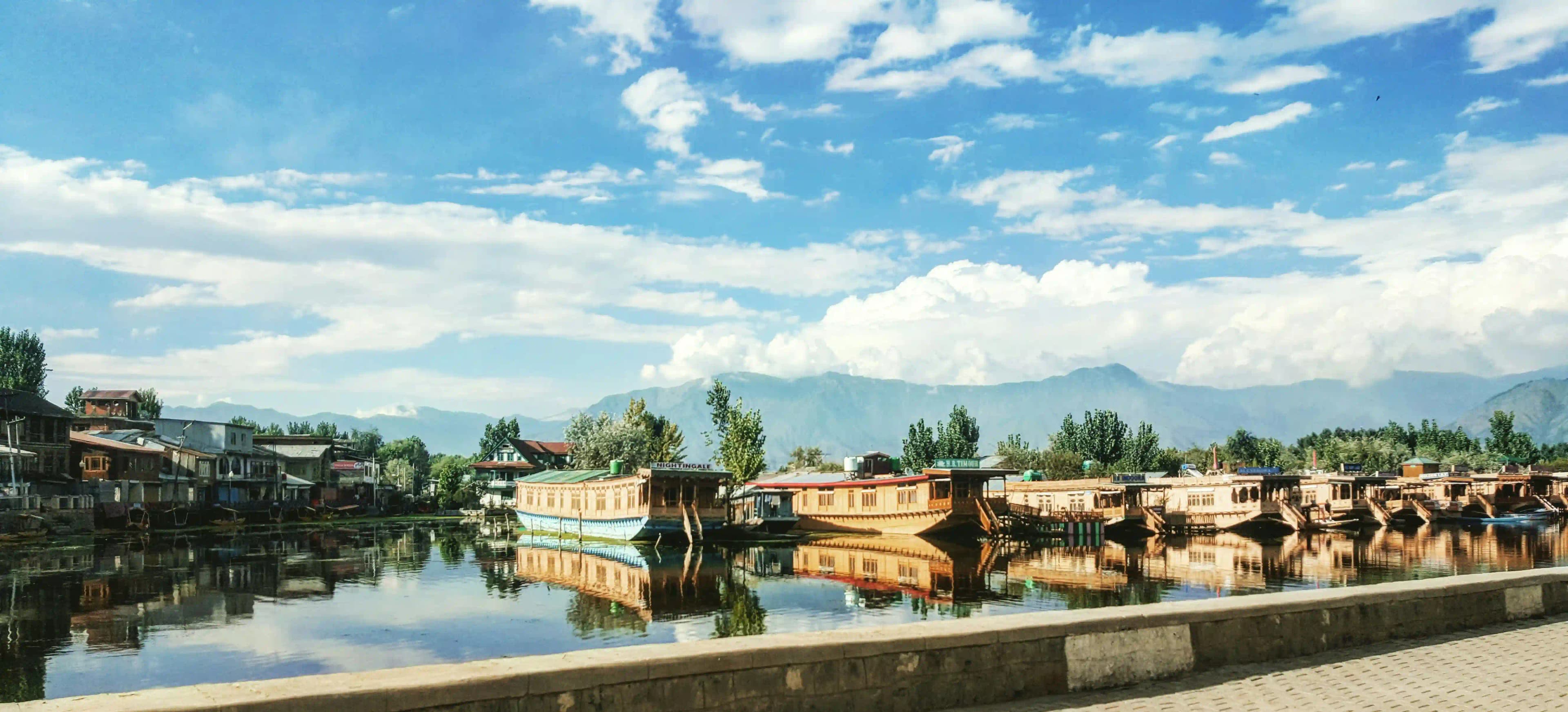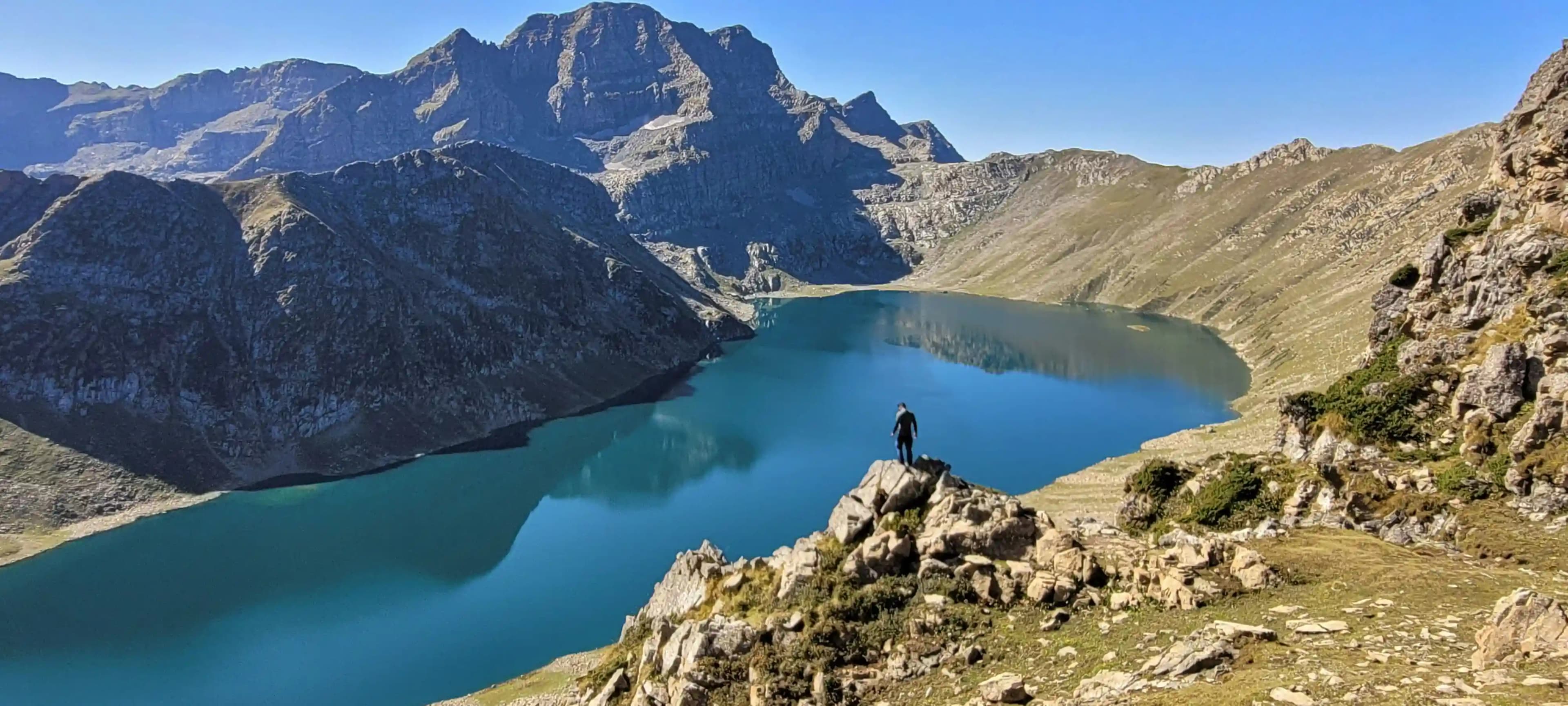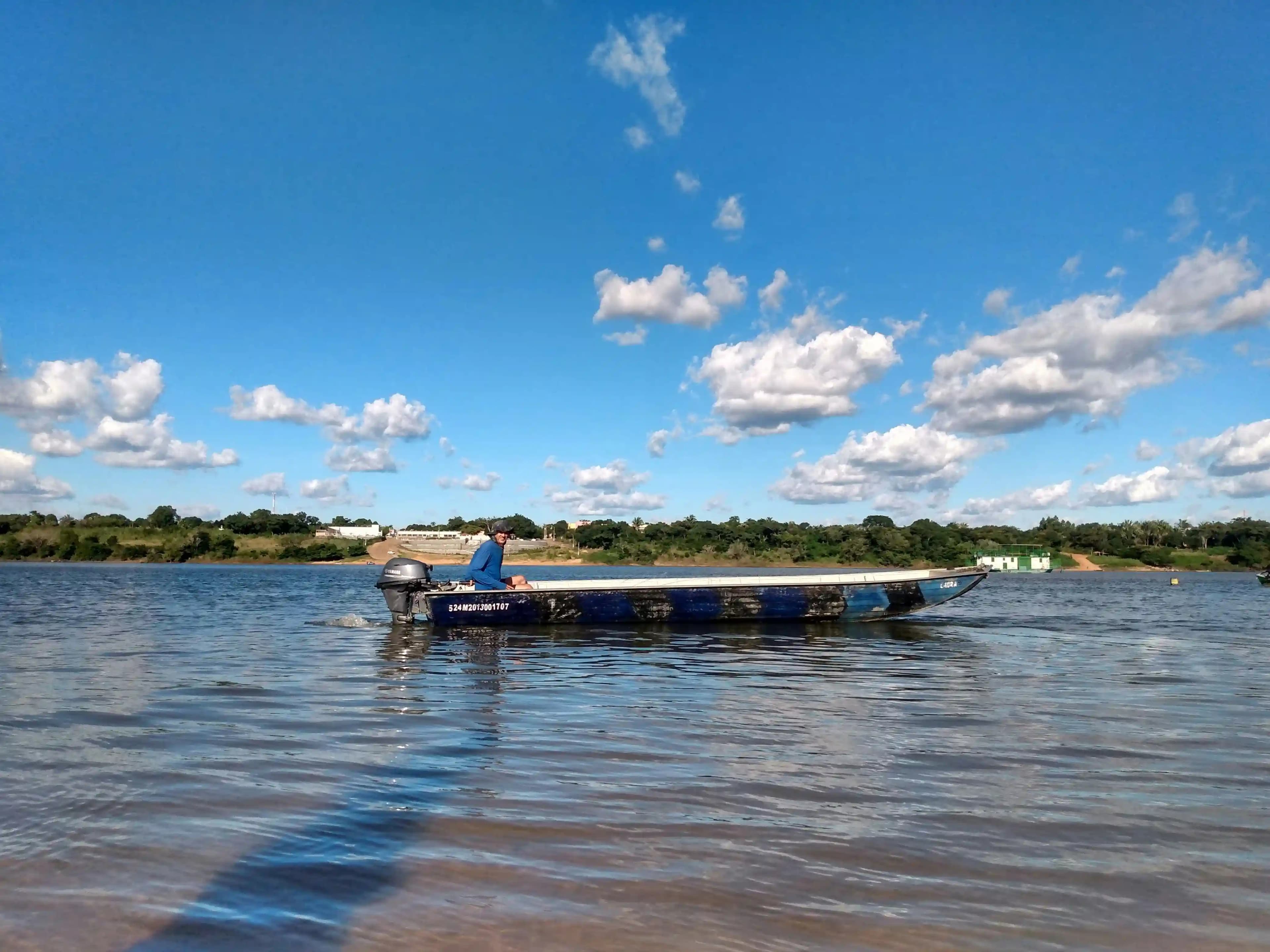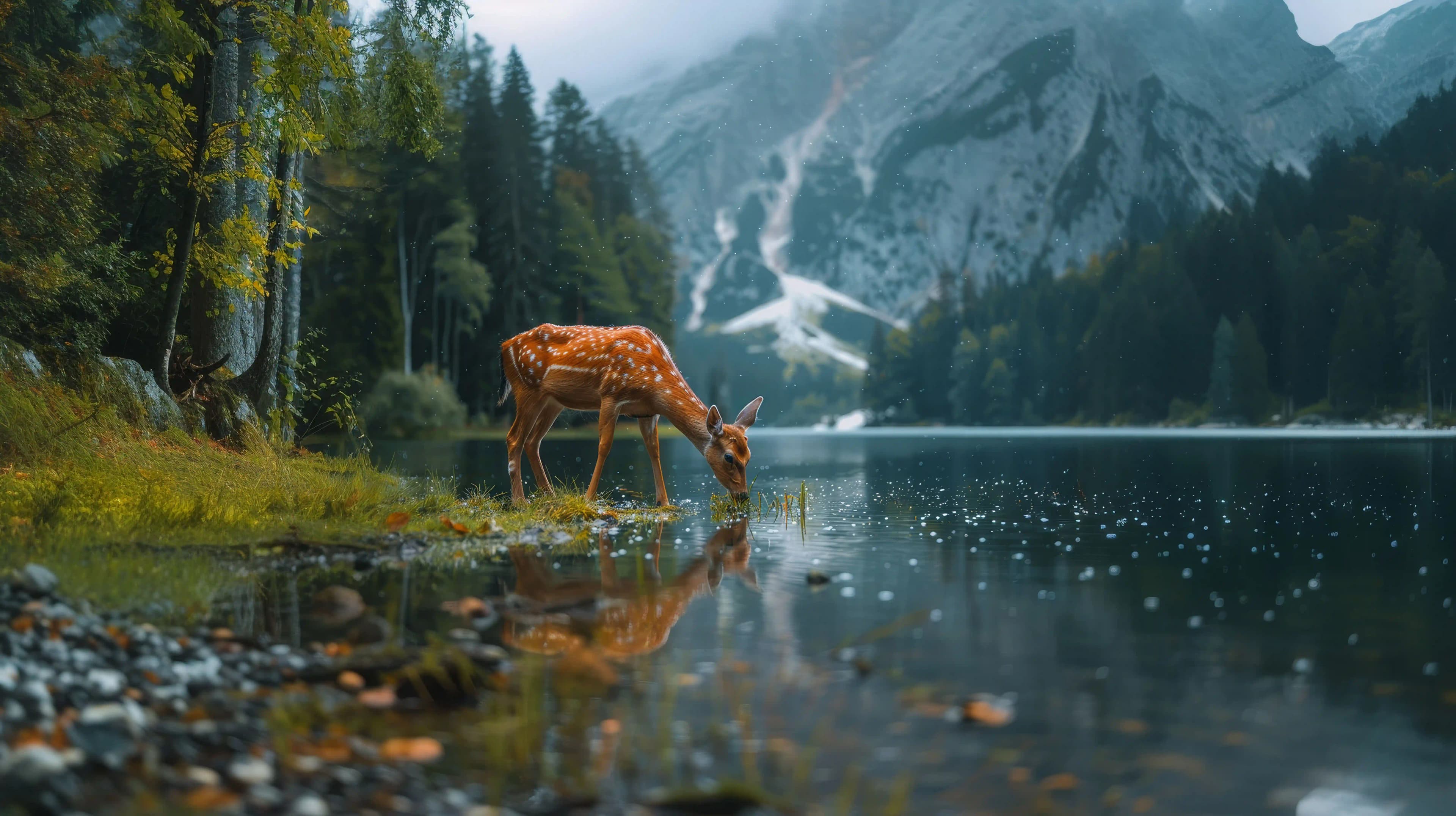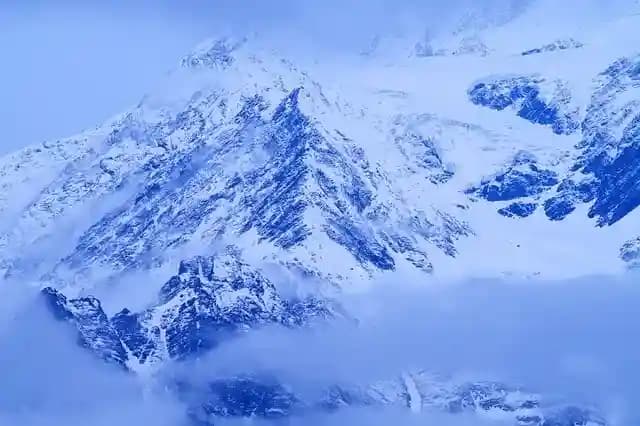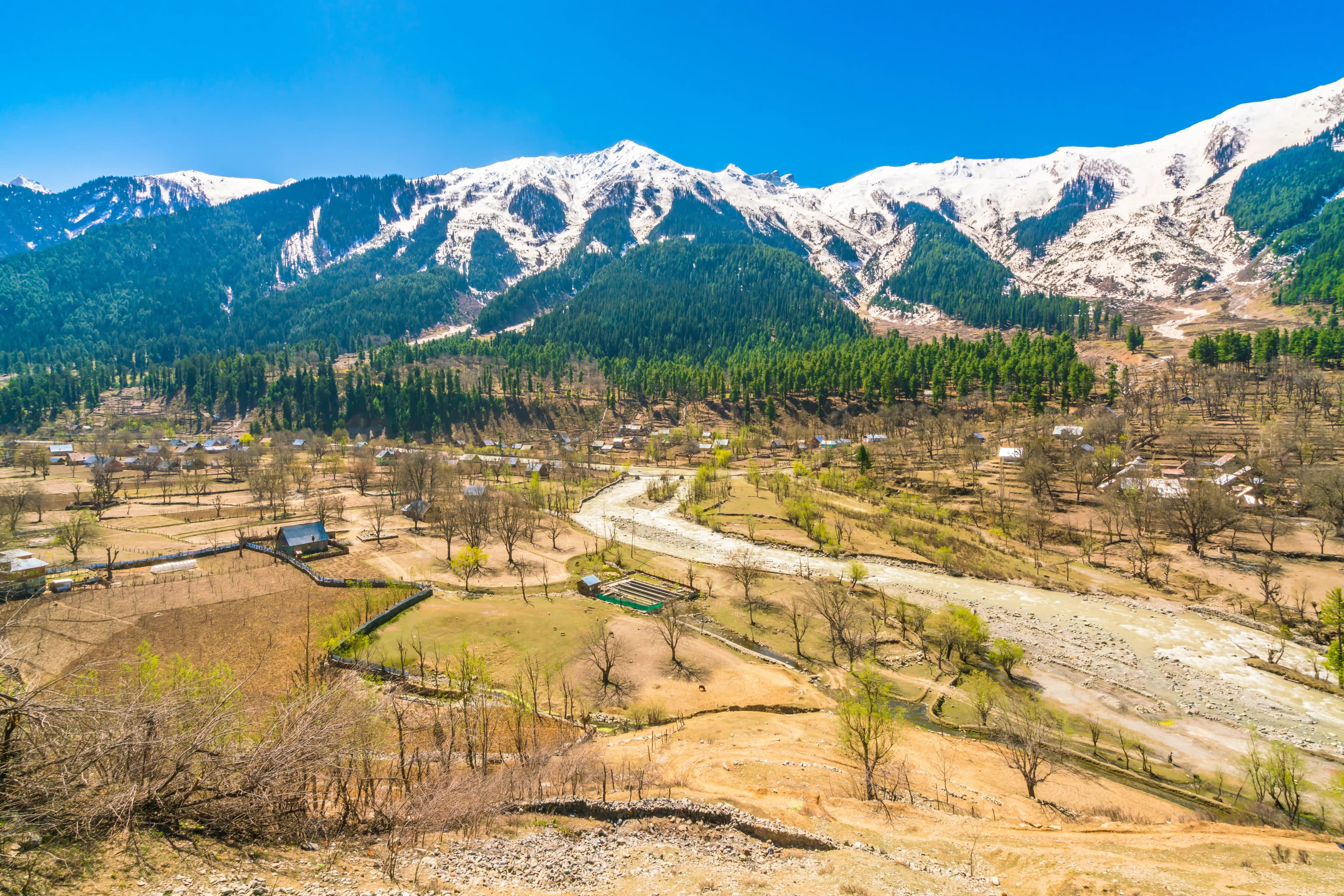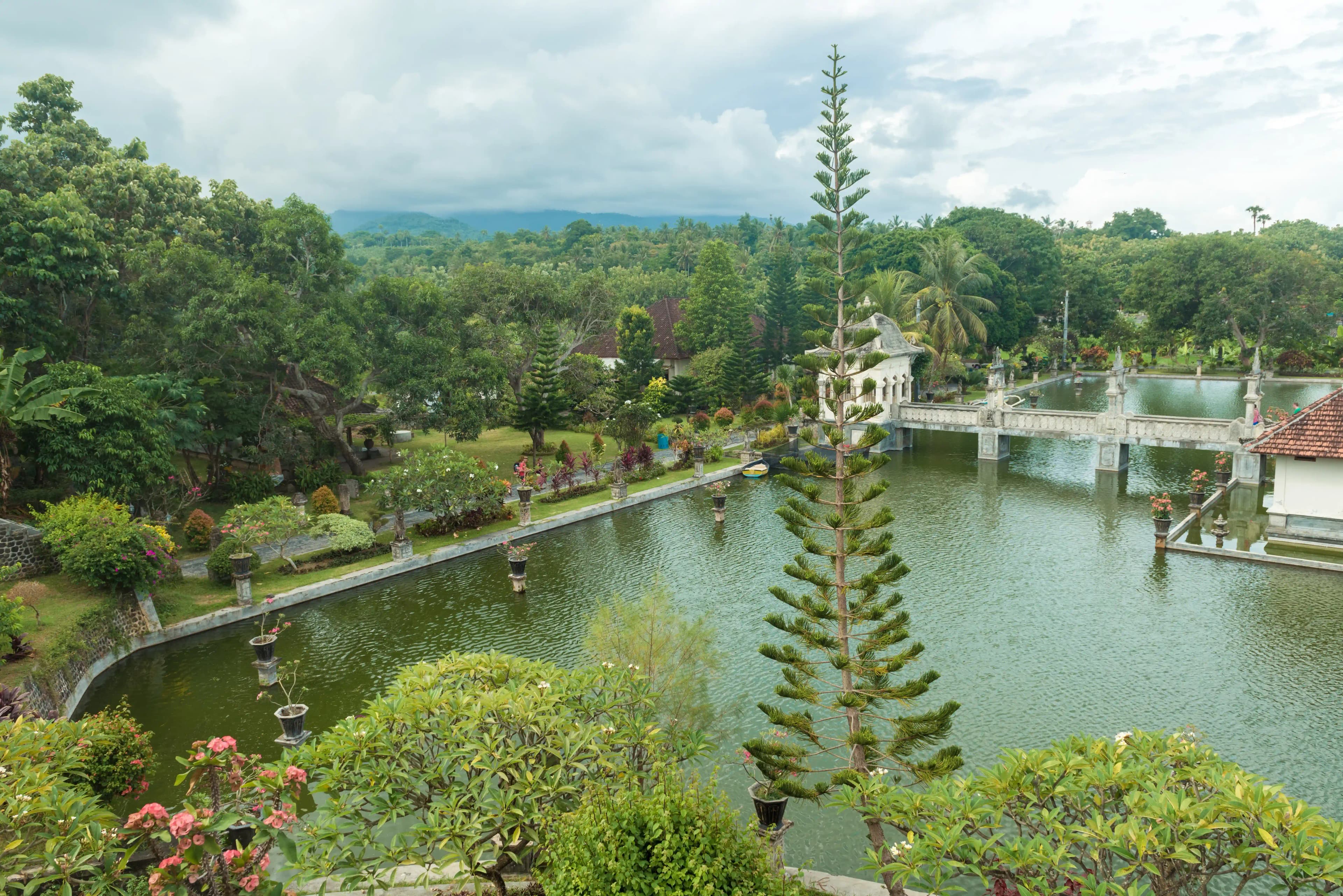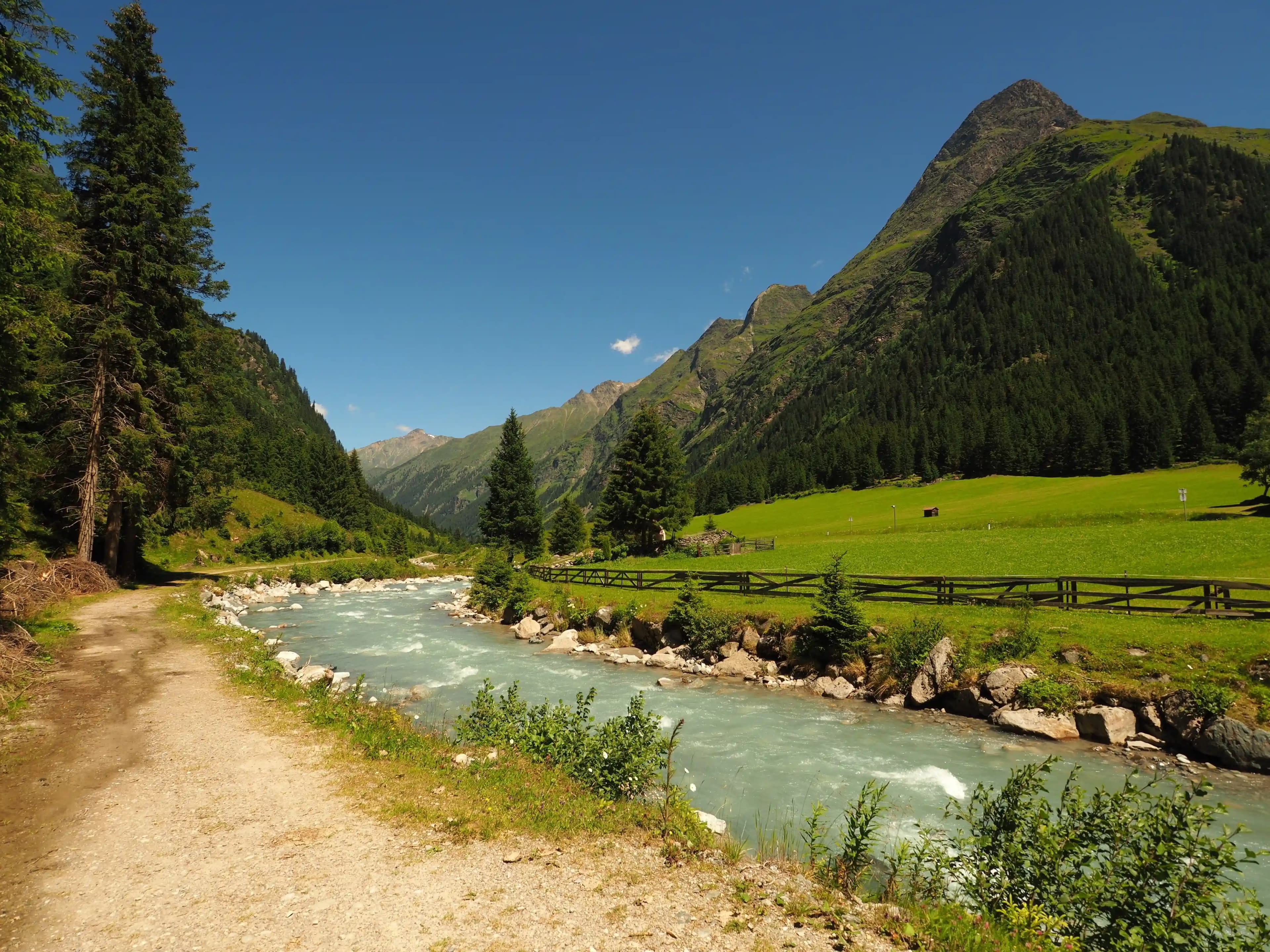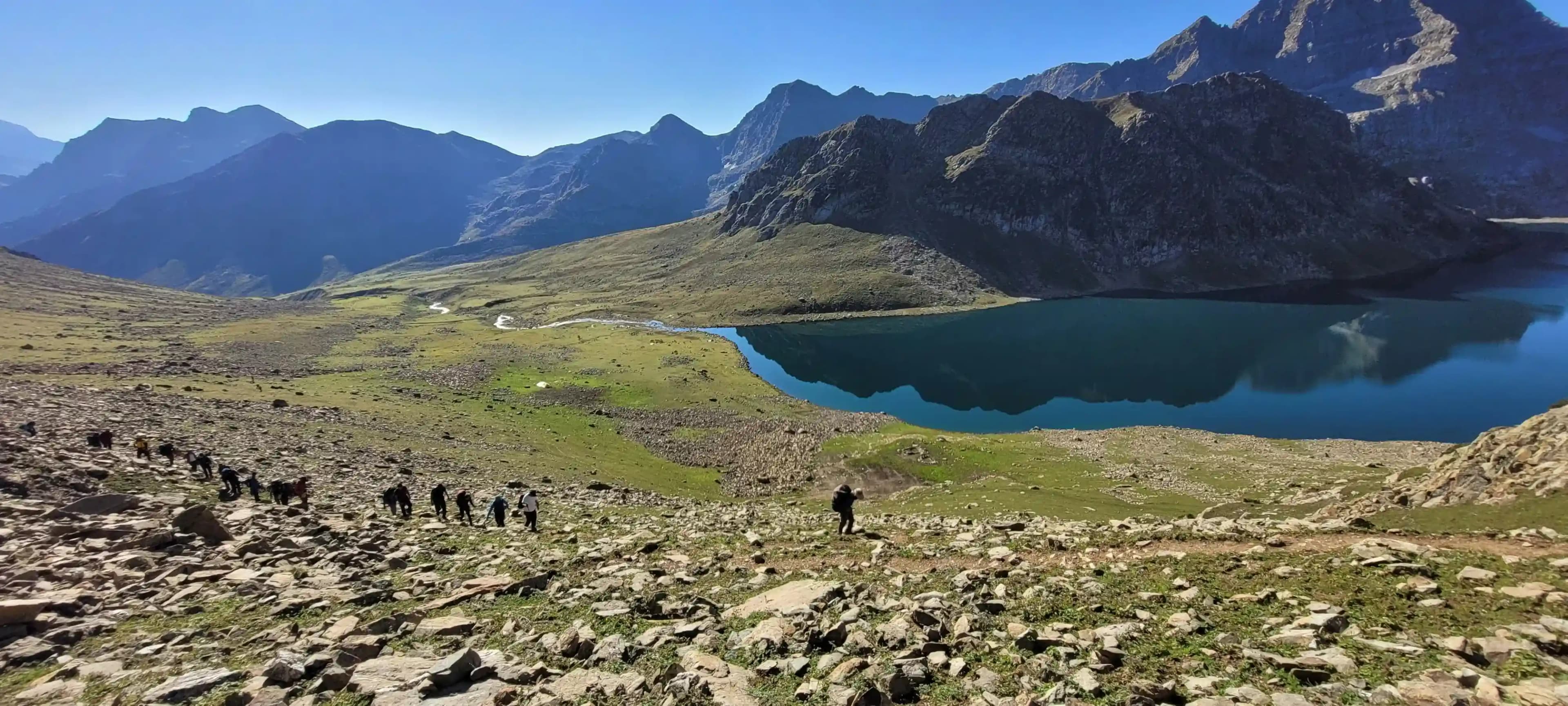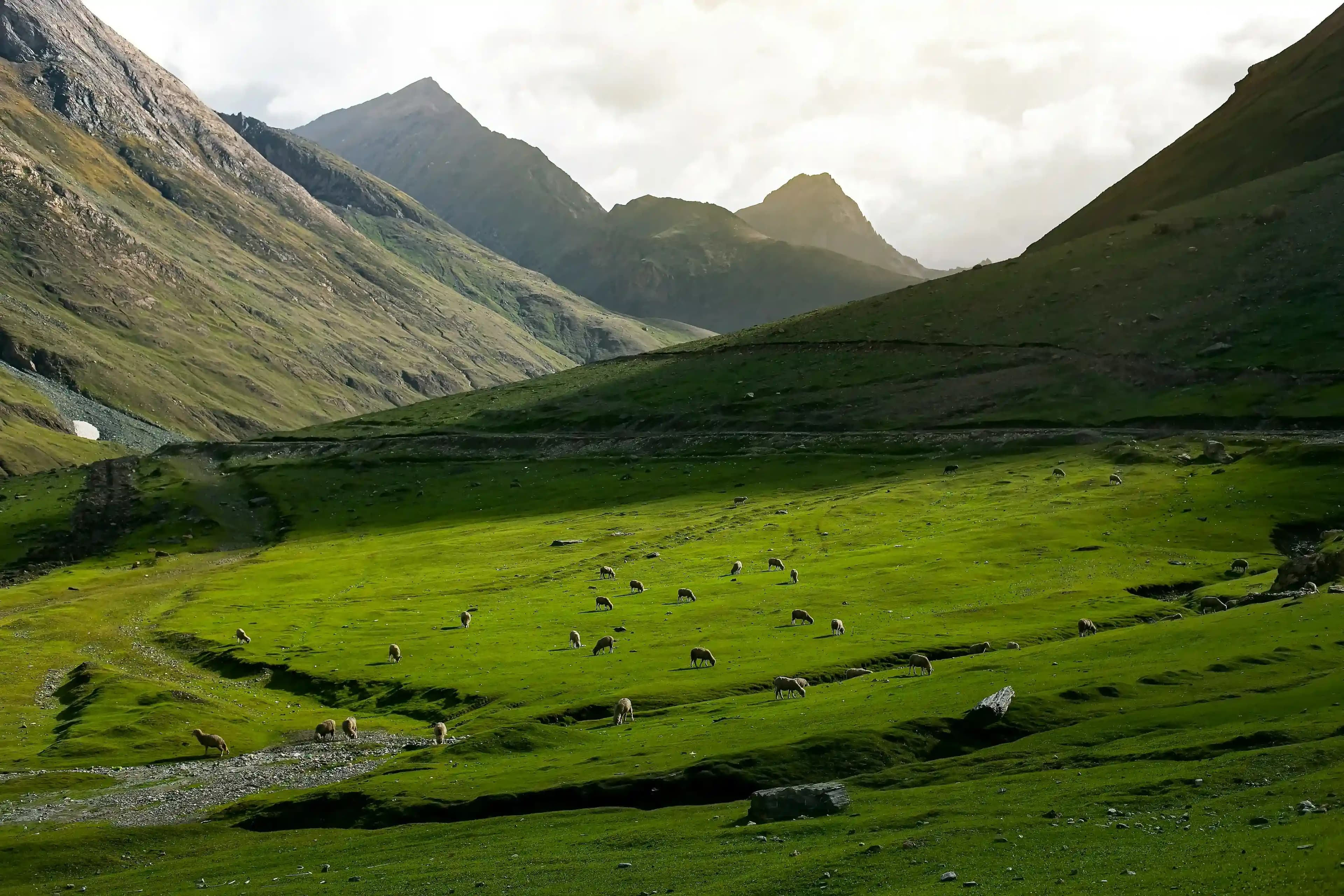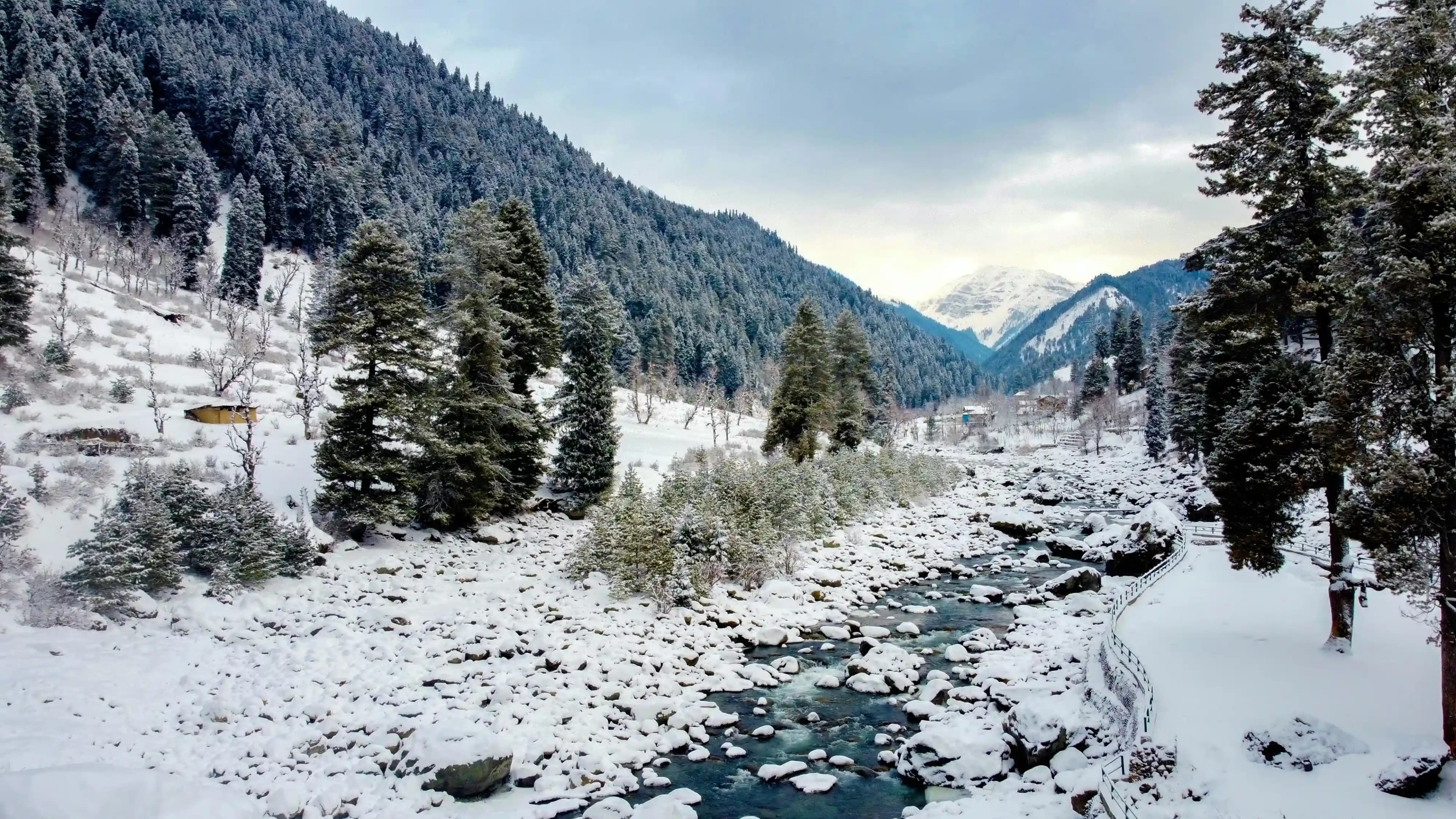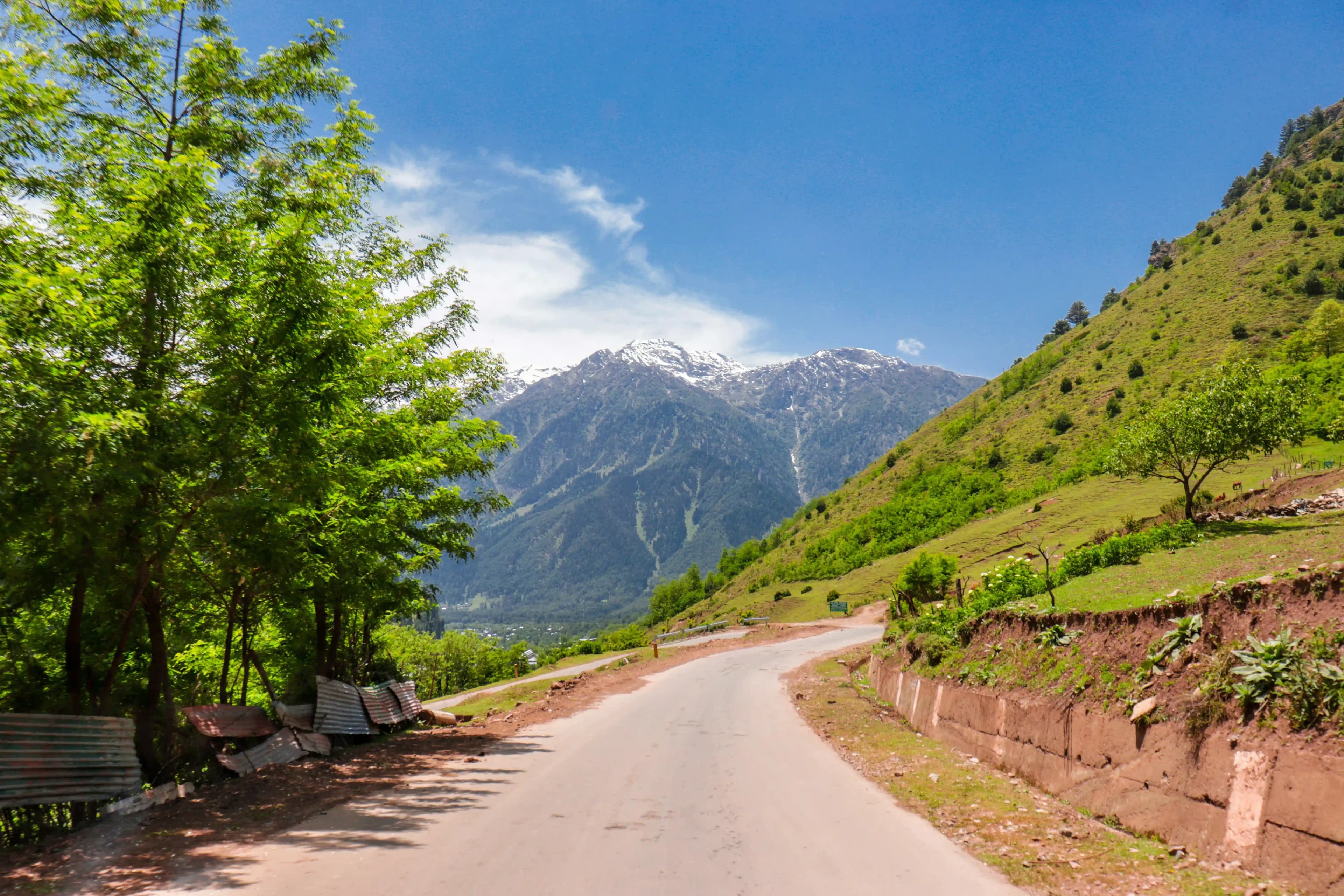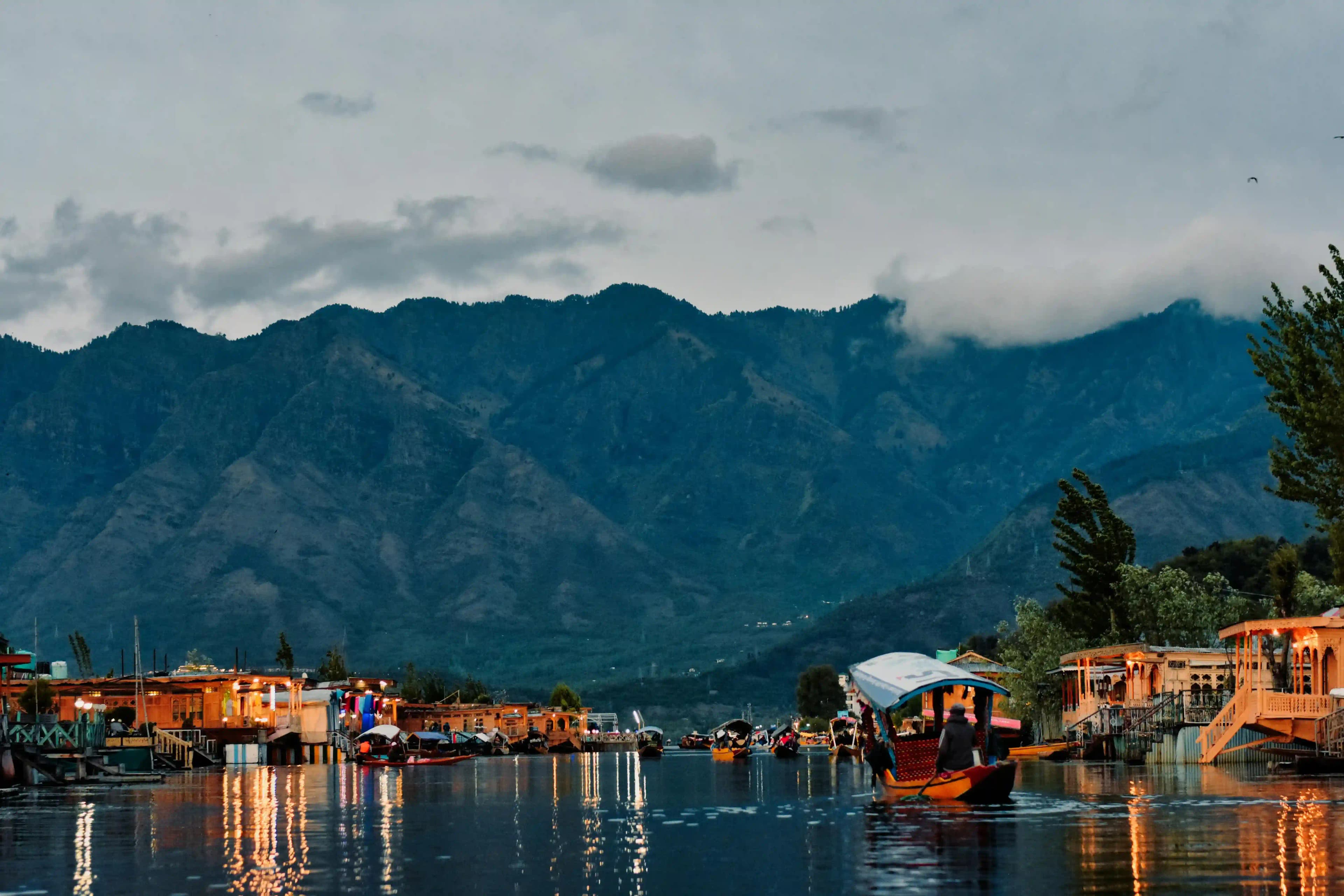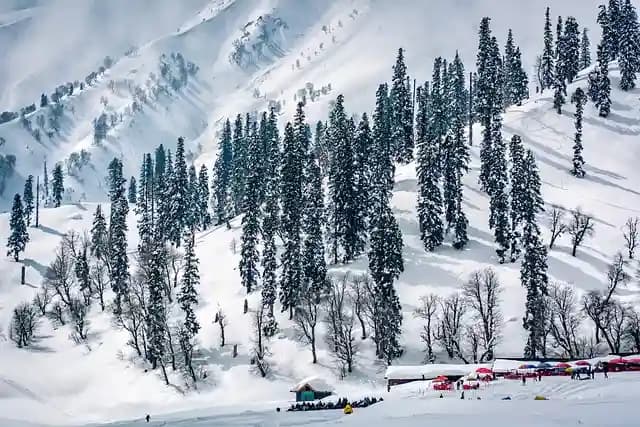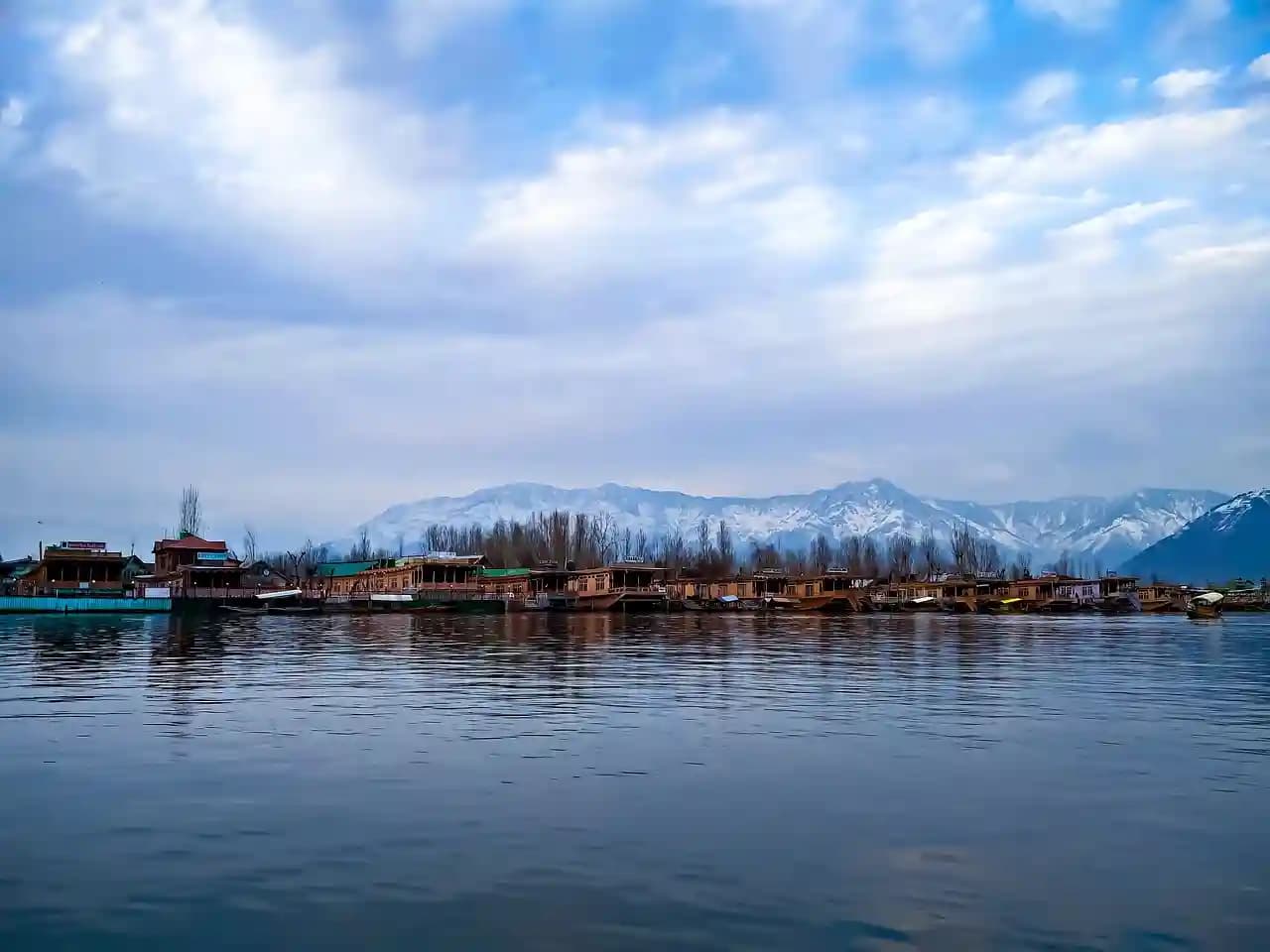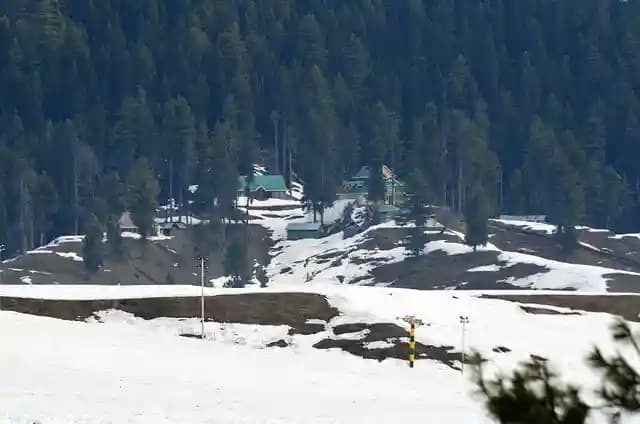Nestled in the beautiful mountains of Jammu and Kashmir, Wular Lake is a rare jewel that captures the spirit of nature's glory. Wular, one of Asia's largest freshwater lakes, is a vast body of water rich in life, beauty, and history. Whether you're an adventurer, a nature lover, or just searching for a quiet vacation, Wular Lake has something for everyone.
In the following piece, we'll dive deep into the fascinating facts of Wular Lake, including its creation, biodiversity, cultural importance, and why it is essential to include on your travel itinerary the next time you're in Kashmir tour.
The Formation Of Wular Lake: A Natural Wonder
The formation of Wular Lake is absolutely nothing short of extraordinary. Wular, produced by tectonic action, is thought to have evolved out of an ancient sea that over time turned into the gorgeous freshwater lake we see now. This lake, which spans 189 square kilometers, is an important component of the Jhelum River basin and serves as a natural storage for surplus water, helping in flood control efforts.
Wular's uncommon seasonal expansion and contraction, caused by water from the Jhelum River, contributes to its dynamic character. It is a constantly changing scene that reflects the mood of the neighboring Himalayan peaks.
Wular Lake's Biodiversity: A Sanctuary for Life
Wular Lake is a wildlife enthusiast's dream come true. The lake and its wetlands provide an ecological shelter for a diverse range of birds, fish, and plants. Birdwatchers flock here (pun intended!) to see migratory species such as grebes, cormorants, and white-eyed pochards. The marshes around the lake are also home to the Kashmir stag, known locally as Hangul, as well as Himalayan musk deer.
The lake itself is full of fish. The large population of mahseer, carp, and trout has long supported local villages. In reality, the lake sustains the livelihoods of hundreds of fishermen who rely on its abundant resources.
One of the most remarkable elements of Wular Lake's environment is the abundant development of water chestnuts, which local populations gather for food and trade. The lake is not only an aesthetic feast, but it also serves as a lifeline for the communities that live along its borders.
Cultural Weave of Wular Lake
While nature creates a stunning landscape around Wular, the human history that surrounds the lake is also fascinating. Wular Lake has been an integral part of Kashmir's cultural and economic structure for generations. Ancient literature and local legend regularly reference Wular, highlighting its historical importance.
The lake also has a huge cultural impact on the people who live near it. Traditional Shikara boats, which are often spotted on Dal Lake, also appear here, and fishermen continue to use age-old tactics to navigate the waters and bring in their daily catch. Families living alongside the lake's banks are frequently seen collecting water chestnuts or heading out in tiny boats to collect their nets.
What to Do Around Wular Lake
If you're wondering, "This sounds great, but what can I actually do there?" don't worry. Wular Lake has something for everyone, whether you enjoy adventure, wildlife, or simply taking in the scenery.
1. Boating
Wular, like Dal Lake, provides serene traveling adventures. Hire a native Shikara and float calmly along the waterways, surrounded by mountains and beautiful foliage. This is an unforgettable experience. The lake's sheer immensity makes you feel as if you're drifting on an endless ocean, with faraway peaks serving as continual reminders of your position in this natural marvel.
2. Fishing
Wular Lake is an angler's dream come true. The lake is home to a diverse range of fish species, the most frequent of which are trout and carp. You may also join local fishermen on their regular adventures or throw your own line.
3. Photography
The breathtaking splendor of Wular Lake is a photographer's dream. Whether it's photographing the golden hues of sunrise, the pink and orange sky of sunset, or the lush green hills surrounding the lake, every moment here is postcard-worthy. Don't miss the well-known Zaina Lank fort ruins, which stand out against the tranquil seas.
4. Trekking and Nature Walks
If you're looking for some adventure, the natural areas surrounding Wular Lake provide fantastic chances for hiking and nature walks. Trails through next villages, woods, and hills provide an intimate look of Kashmiri life and its harmonious interaction with nature. The Wular Conservation and Management Authority frequently offers environmental tours that include nature walks for visitors who want to explore the region on foot.
5. Picnicking by the water
A simple picnic by the lakefront is an excellent way for families and couples to unwind. The fresh wind, the sound of the water softly lapping against the coast, and the sight of birds flying in the sky create the ideal atmosphere for a calm vacation.
Best time to visit Wular Lake
Wular Lake is gorgeous all year, but the ideal time to visit is determined by your preferences.
Spring (March–May): The flowers are in full swing and the weather is nice, making it most appropriate for bird-watching and outdoor activities.
Summer (June to August): The lake is at its most vibrant during these months, and the temperature is pleasant. This is the ideal season for fishing and boating.
Autumn (September to November): The environment changes into a golden paradise as autumn leaves change color. This is another fantastic season for birding.
Winter (December to February): The lake remains accessible, however it can be extremely chilly. However, snowfall in the nearby mountains adds to the scenery's splendor.
How To Reach Wular Lake?
Wular Lake is located around 60 kilometers from Srinagar, making it simple to reach by road. A lovely journey from Srinagar will drive you over picturesque Kashmiri villages and verdant scenery before arriving at the lake.
For those traveling into Kashmir, Srinagar International Airport is the closest airport, and you can simply rent a cab or take a bus from there. The trip takes roughly 2 hours, but believe me, it's worth every minute. The roads are in good condition, and there are several possibilities for scenic pit stops along the way.
Once you arrive, you can wander around the lake on foot, take on a Shikara, or follow one of the many guided walks offered.
Conclusion
Wular Lake isn't simply a lake; it's an experience. It's the type of location that makes an impression on your spirit, with its tranquil waters mirroring the mighty Himalayan peaks, its diverse wildlife providing a look into nature's grandeur, and its cultural legacy expanding your understanding of Kashmir's past.
Whether you plan an overnight stay from Srinagar or want to spend more time exploring the lake and its neighboring villages, Wular Lake is sure to be a highlight of your Kashmir vacation. So, the next time you're in this wonderful location, put Wular Lake at the top of your must-see checklist.
Frequently Asked Questions (FAQs):
1. Where is Wular Lake located?
Wular Lake is located within the Bandipora area of Jammu & Kashmir, roughly 60 kilometers from Srinagar. It is one of Asia's largest freshwater lakes, and it is simply reachable from Srinagar by road.
2. What is the area of Wular Lake?
Wular Lake is one of Asia's largest freshwater lakes, covering around 189 square kilometers. Its size varies periodically as the water level changes owing to inputs from the Jhelum River.
3. How can I reach Wular Lake from Srinagar?
Wular Lake is around a two-hour drive (60 kilometers) from Srinagar. You may get there through taxi, renting a private vehicle, or using the local bus. The path passes through charming villages and lush green countryside.
4. Is Wular Lake suitable for birdwatching?
Yes, Wular Lake is a birdwatcher's heaven. The lake and its close wetlands attract a diverse range of migratory birds, including the black-winged stilt, purple heron, and white-eyed pochard. The greatest seasons for birdwatching are spring and fall.
5. What can I do at Wular Lake?
Visitors to Wular Lake may go boating, birding, fishing, photography, and even trekking in the nearby areas. It's an excellent location for nature enthusiasts, and you can also visit nearby villages or enjoy a calm picnic by the lake.
6. What is the best time to visit Wular Lake?
The best time to visit Wular Lake are spring (March to May) and autumn (September to November), when the weather is good and the natural surroundings are at their most picturesque. Summer is best for sailing and fishing, while autumn is good for bird-watching.
7. What makes Wular Lake unique?
Wular Lake is among Asia's biggest freshwater lakes. It is an important part of the Kashmir Valley's environment, acting as a natural reservoir which supports flood management. It is also abundant in biodiversity, supporting several bird species, fish, and plants.
8. Can I stay overnight near Wular Lake?
There are no big resorts or hotels located on the lake, but you can stay in surrounding towns like Bandipora or Sopore. Srinagar, with its diverse choice of lodgings, makes an excellent base for a day journey to Wular Lake.
